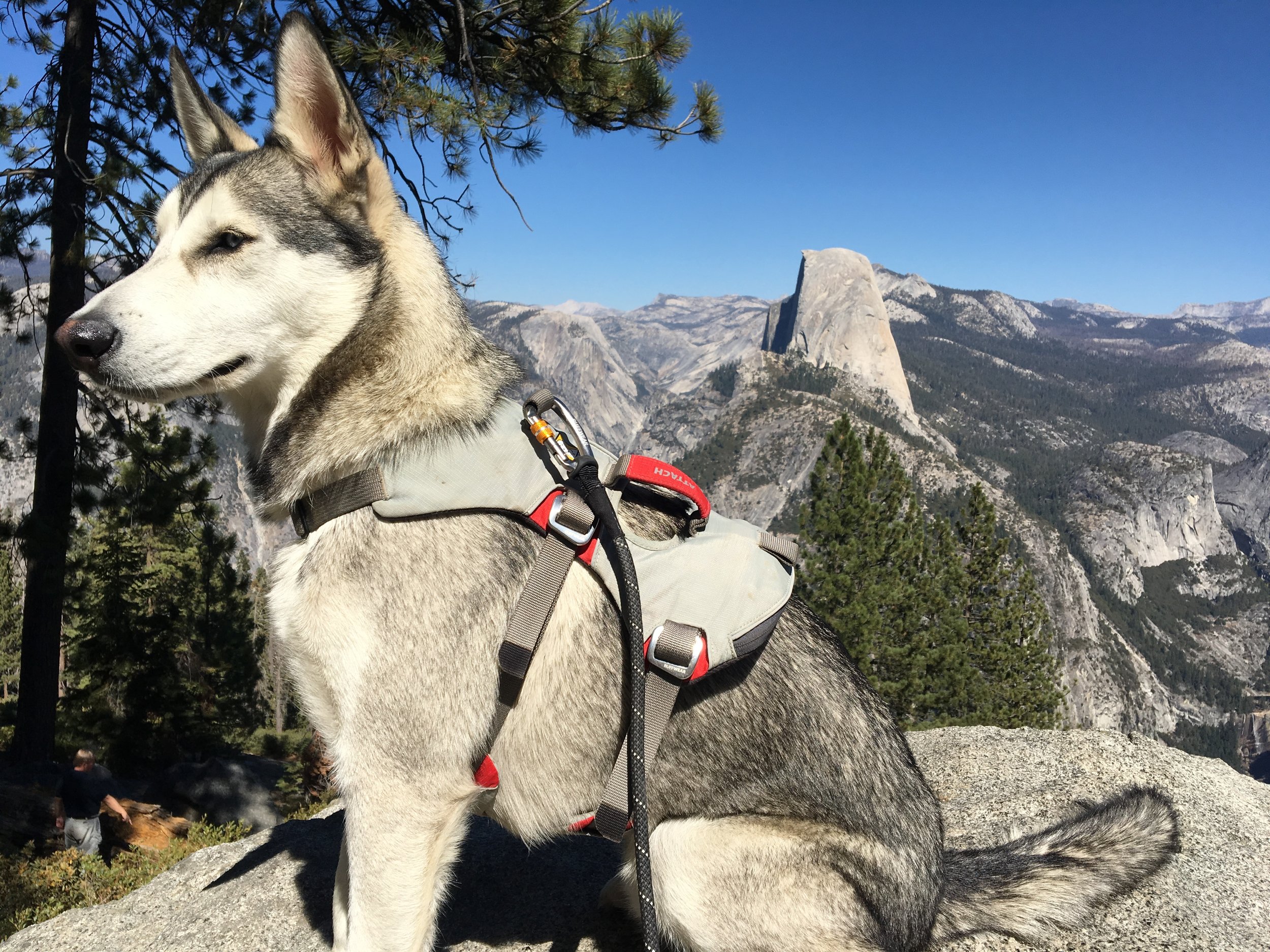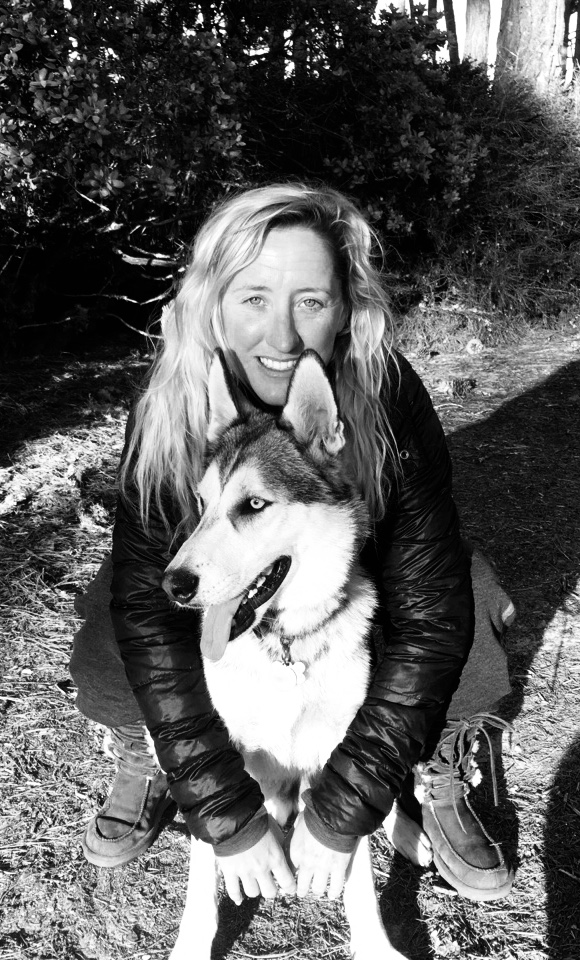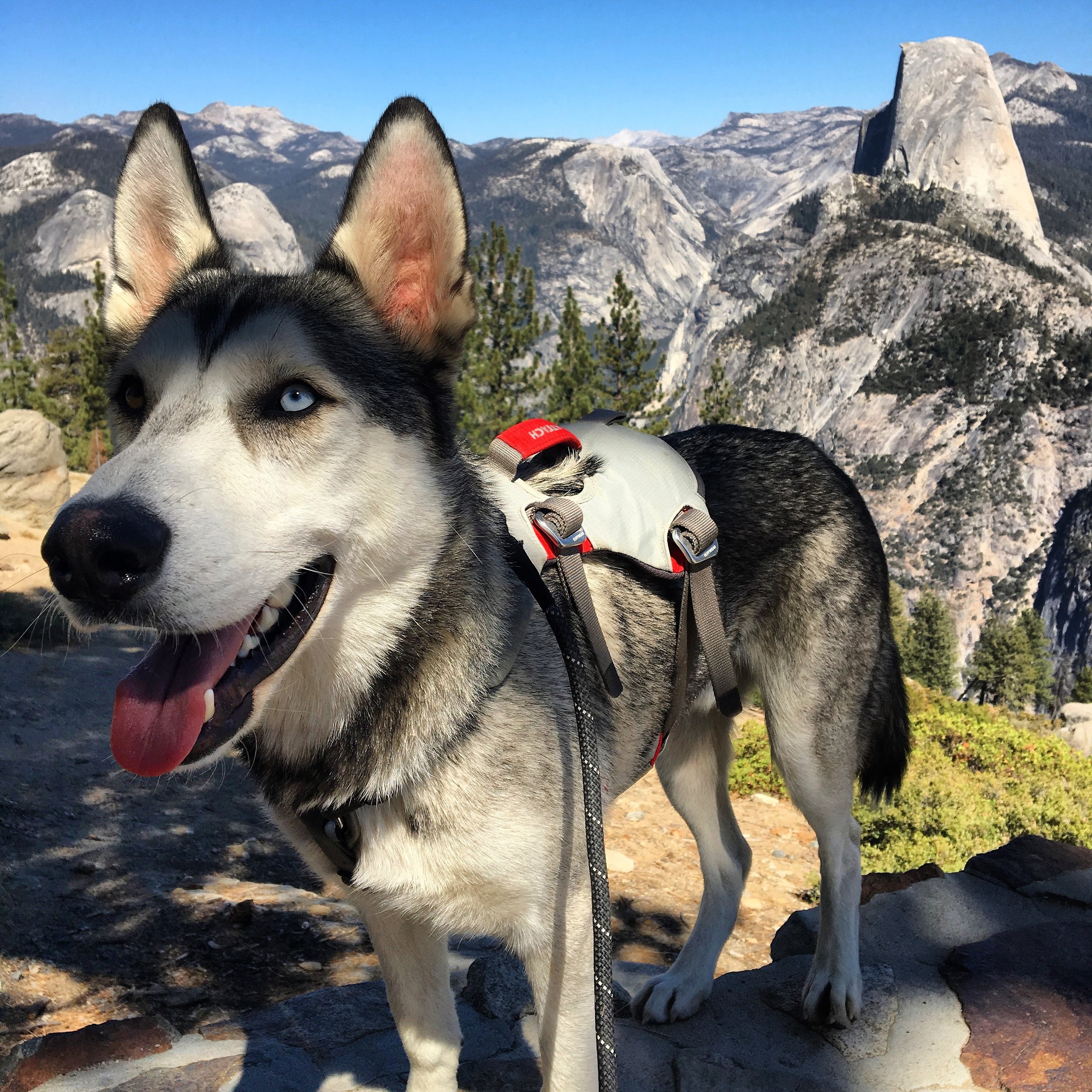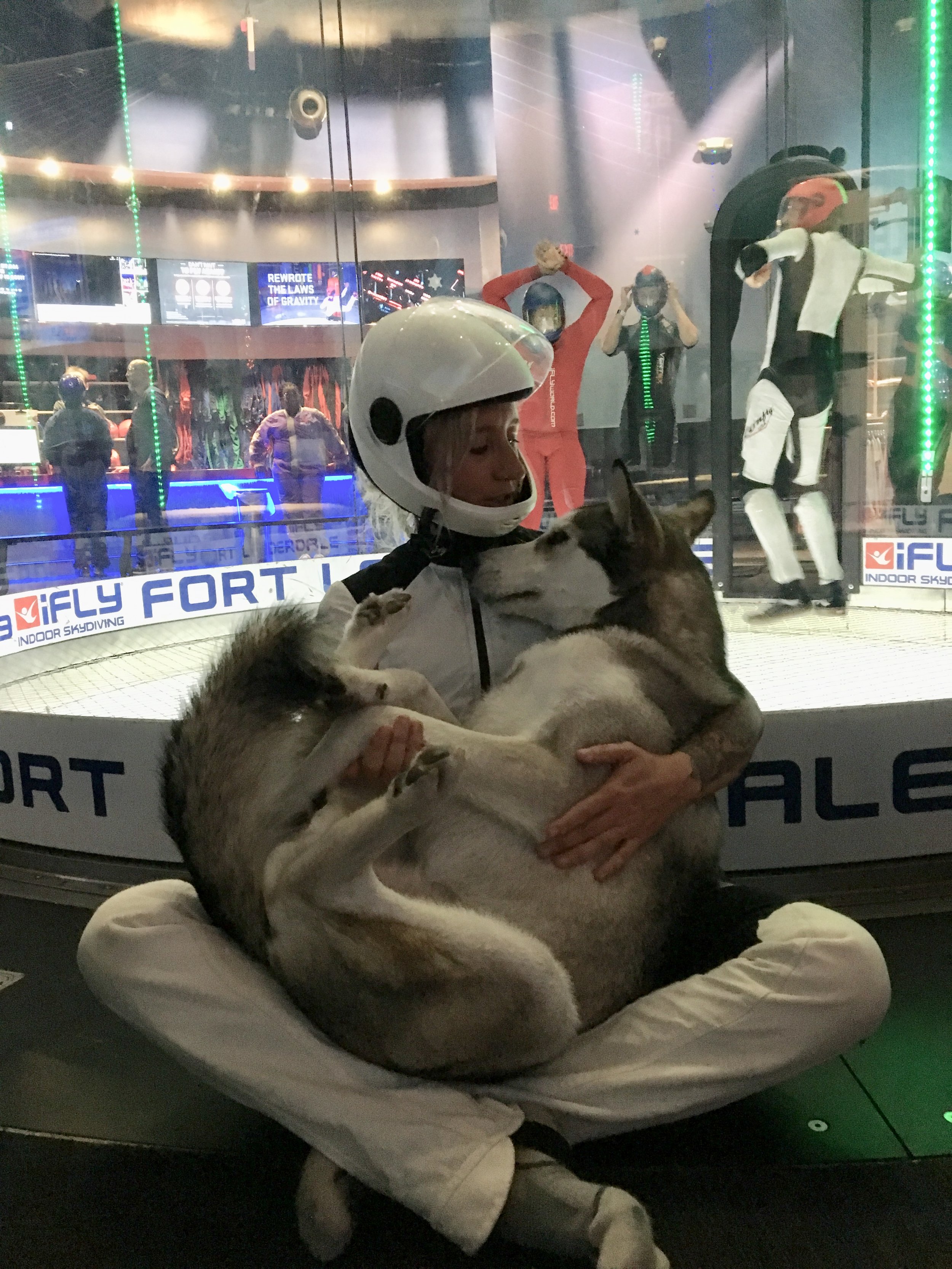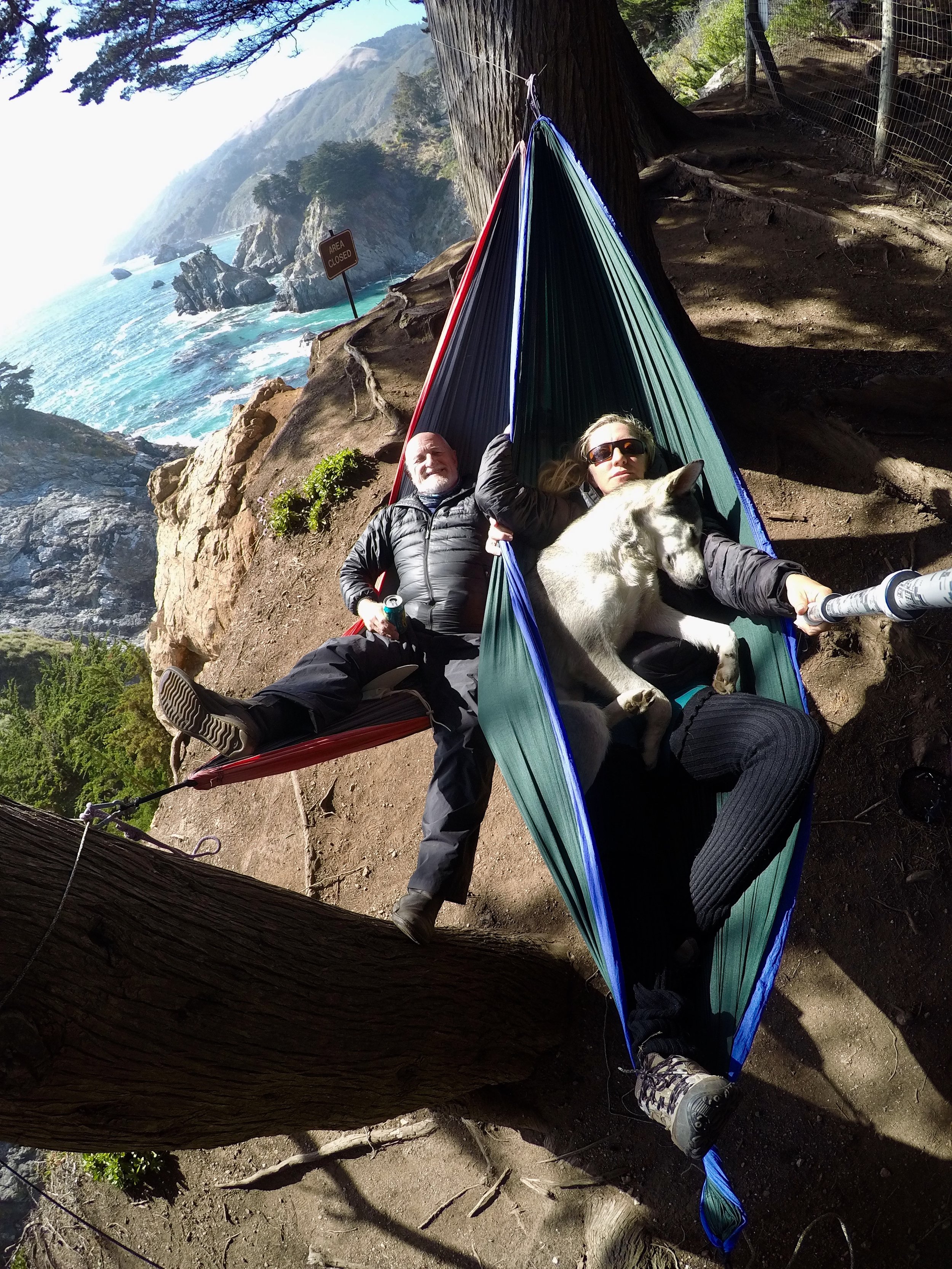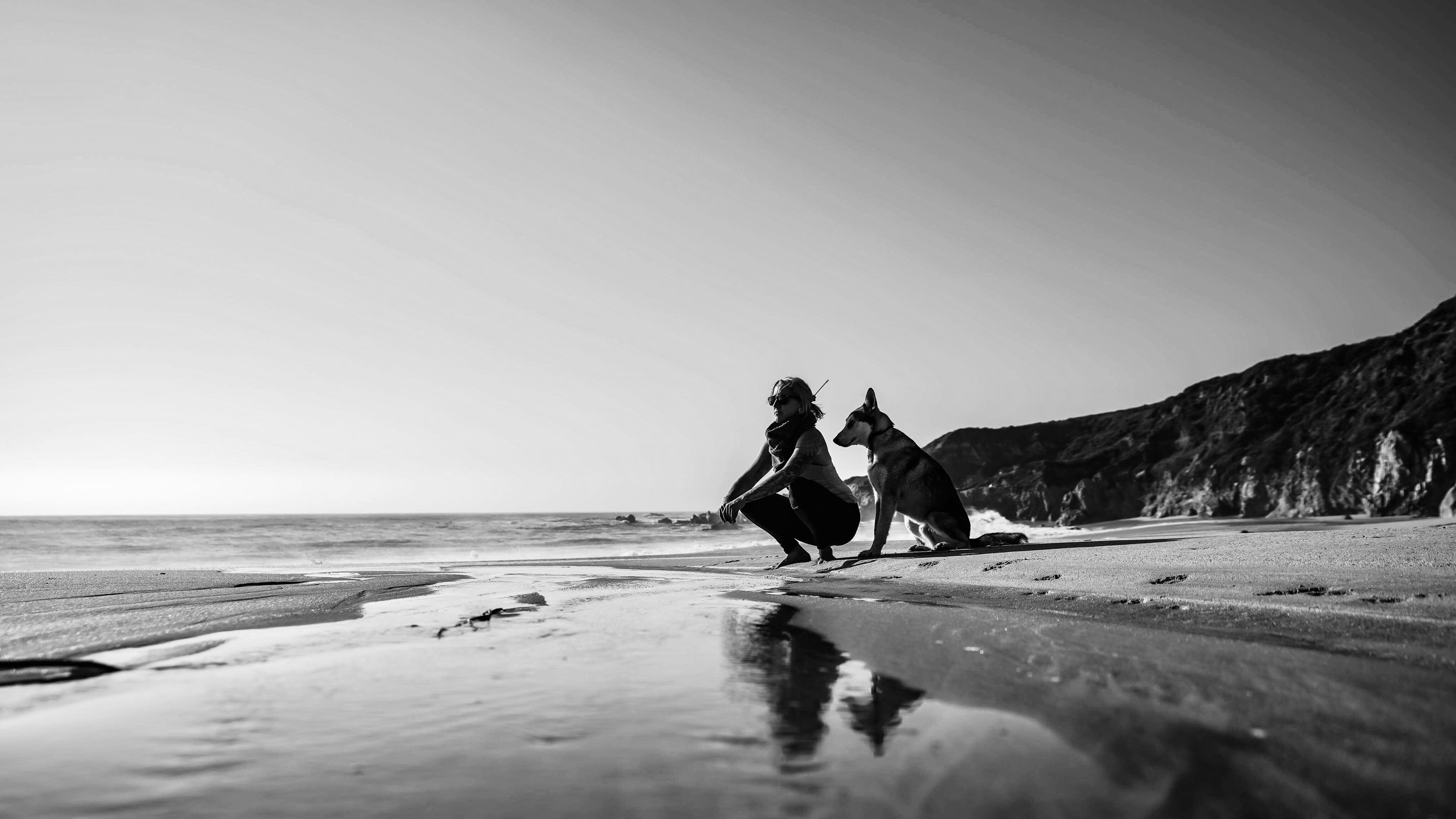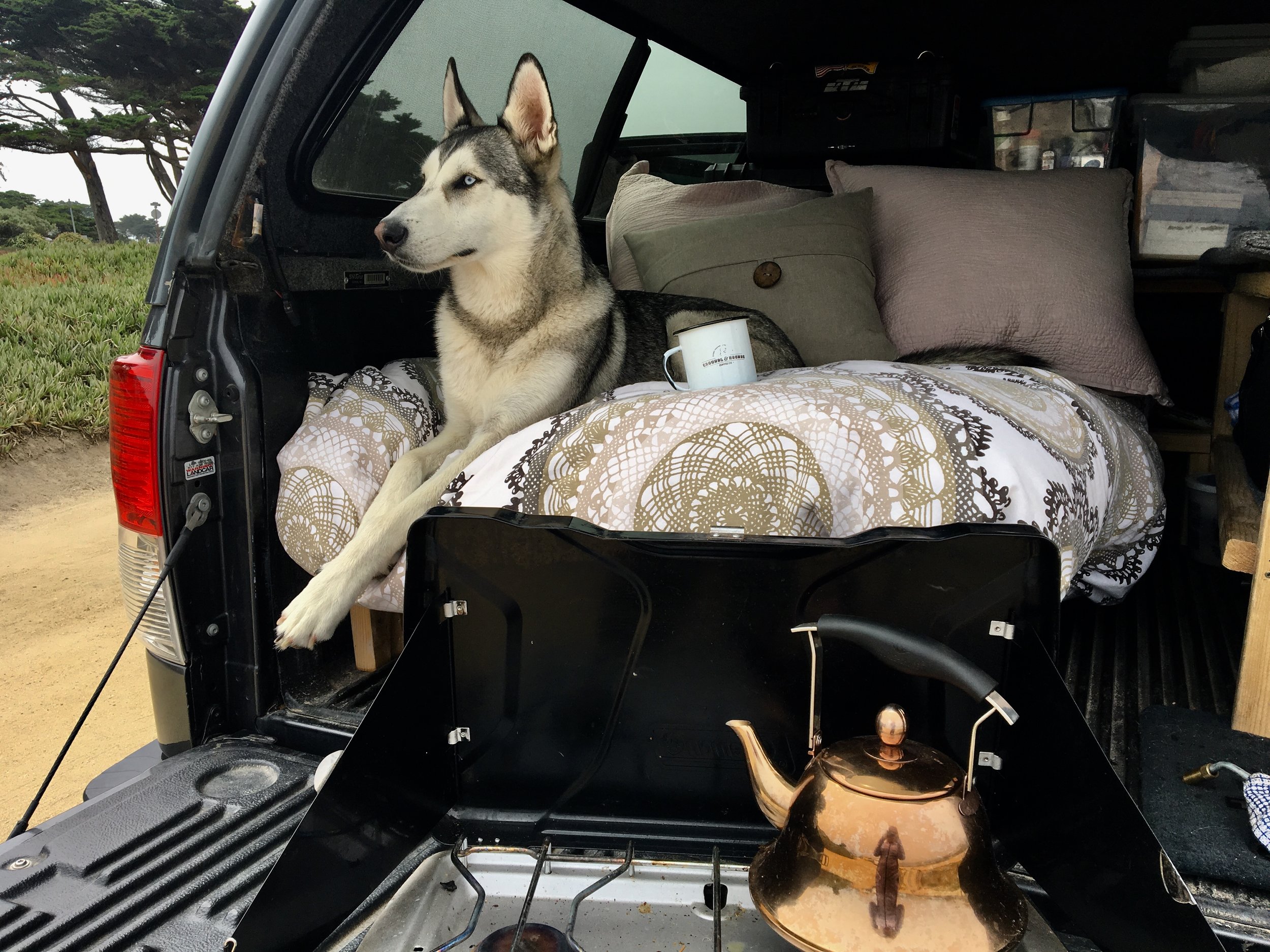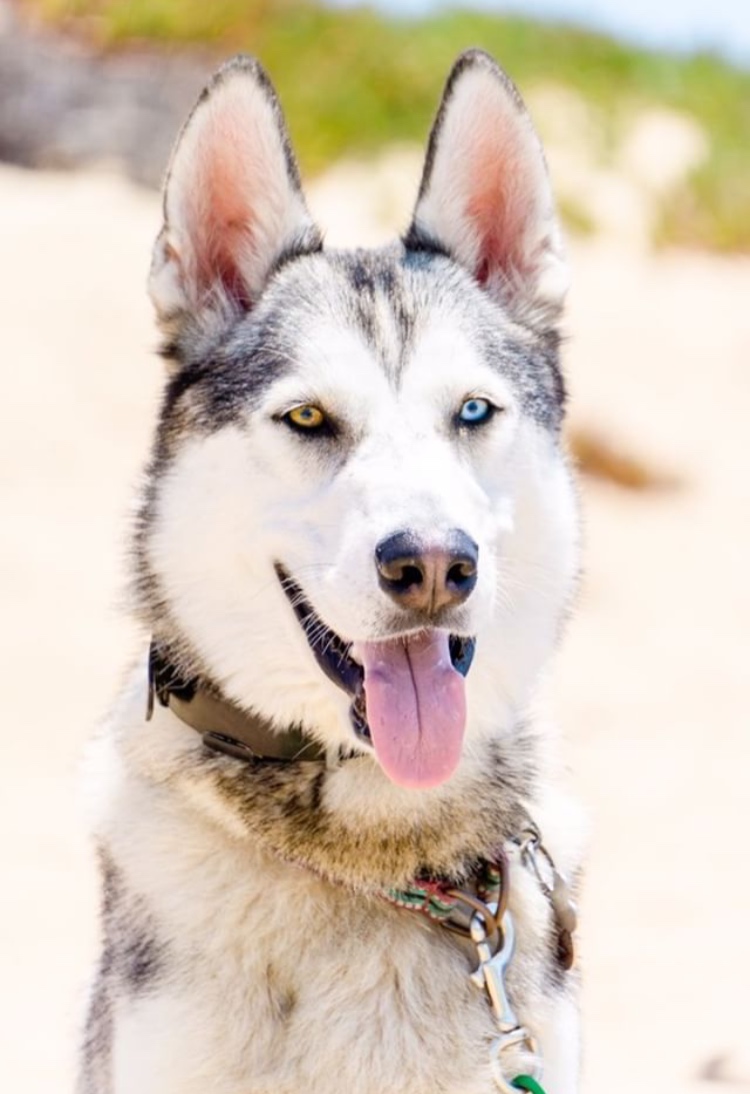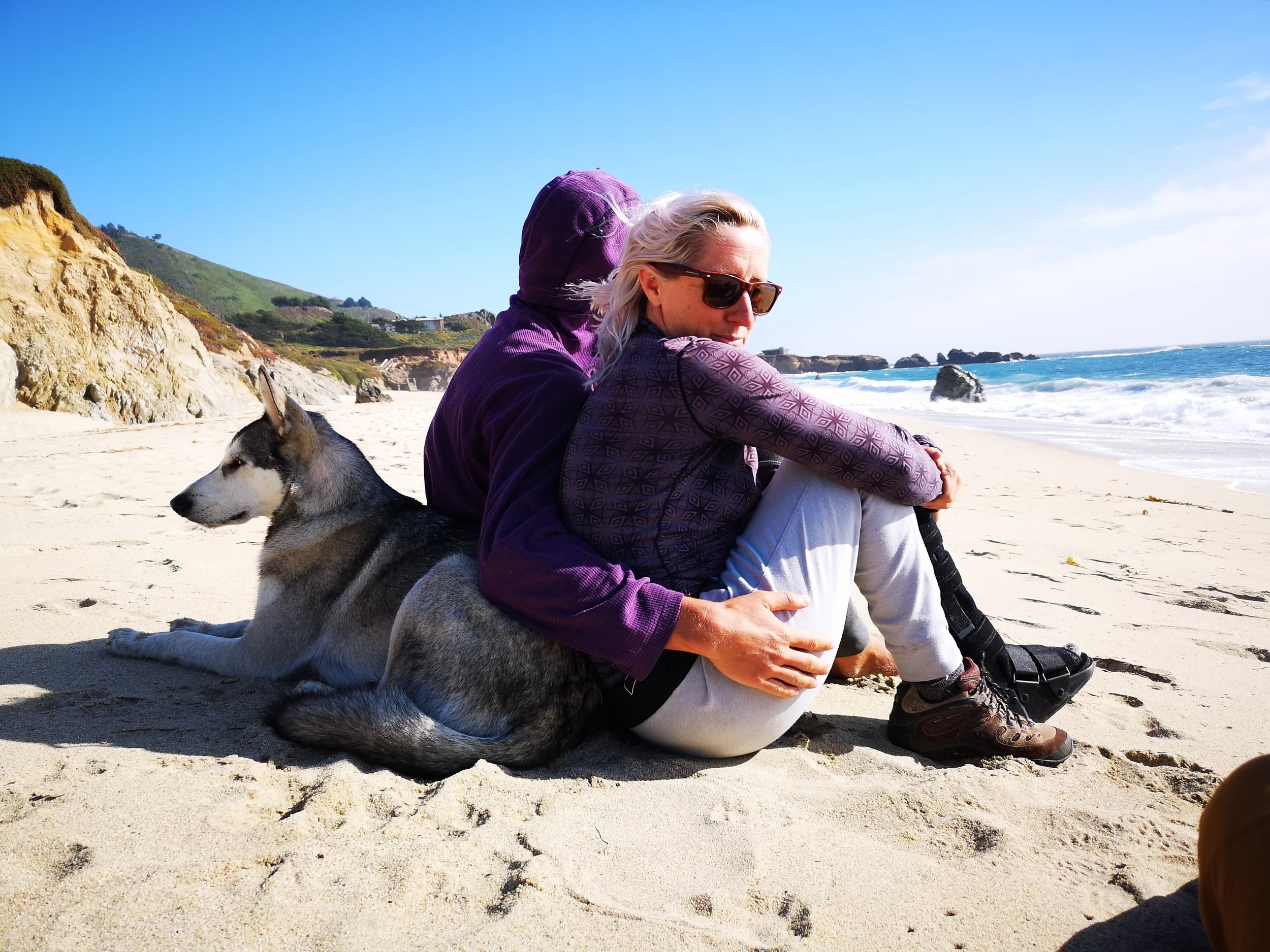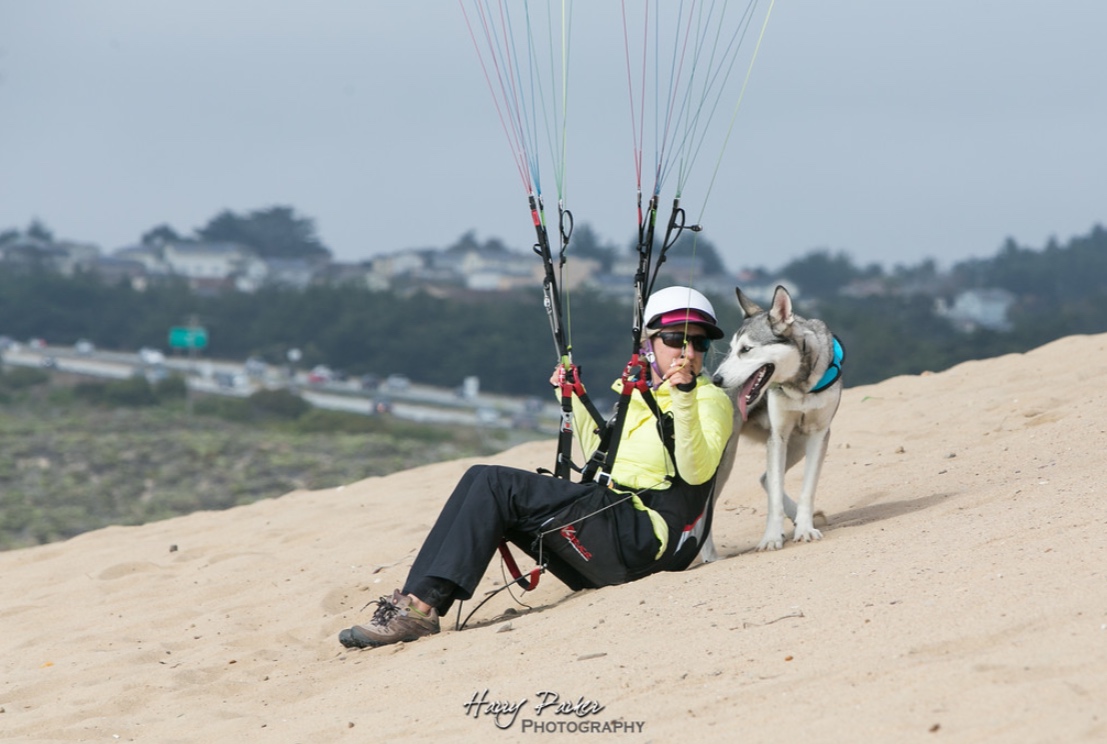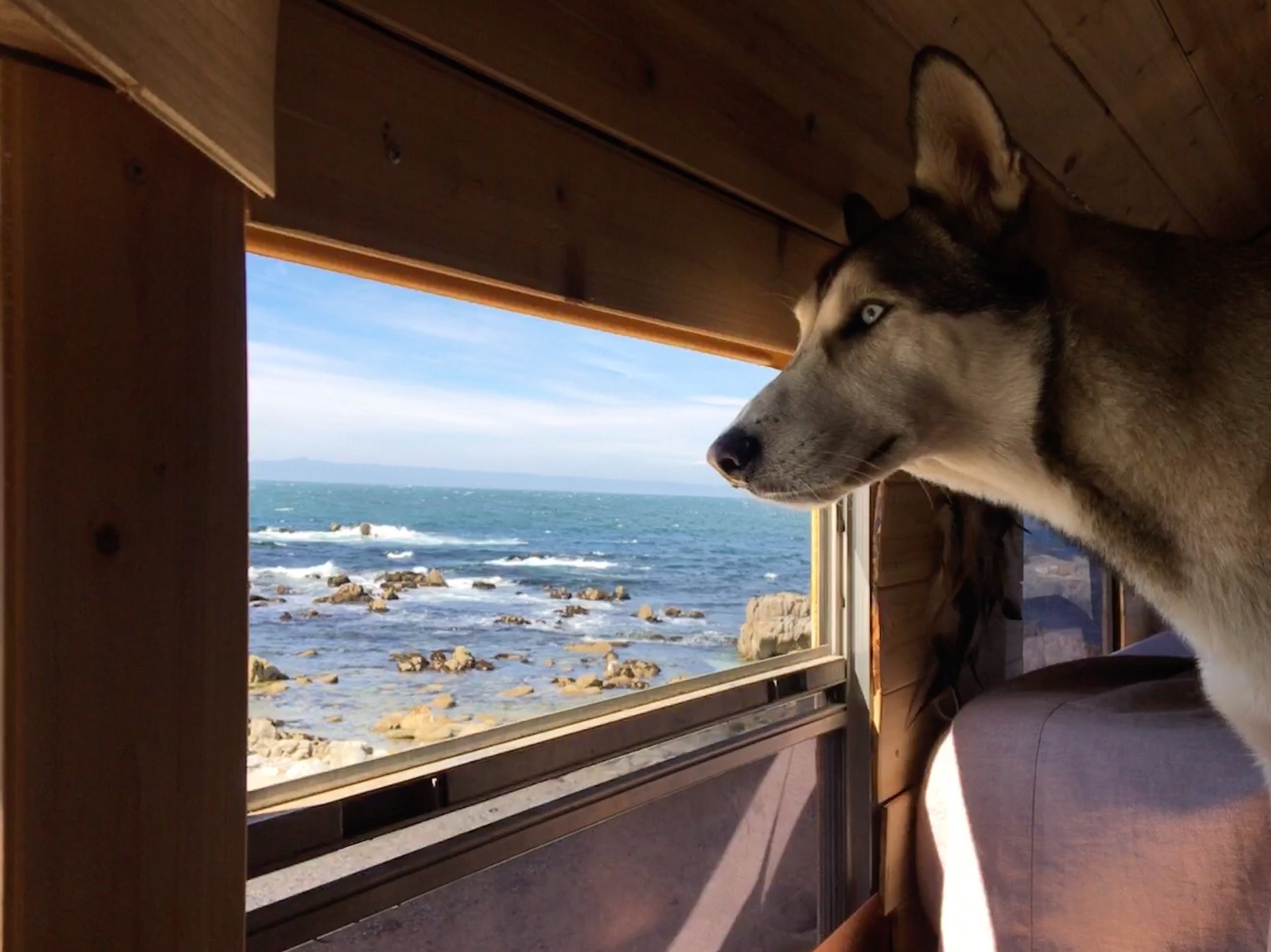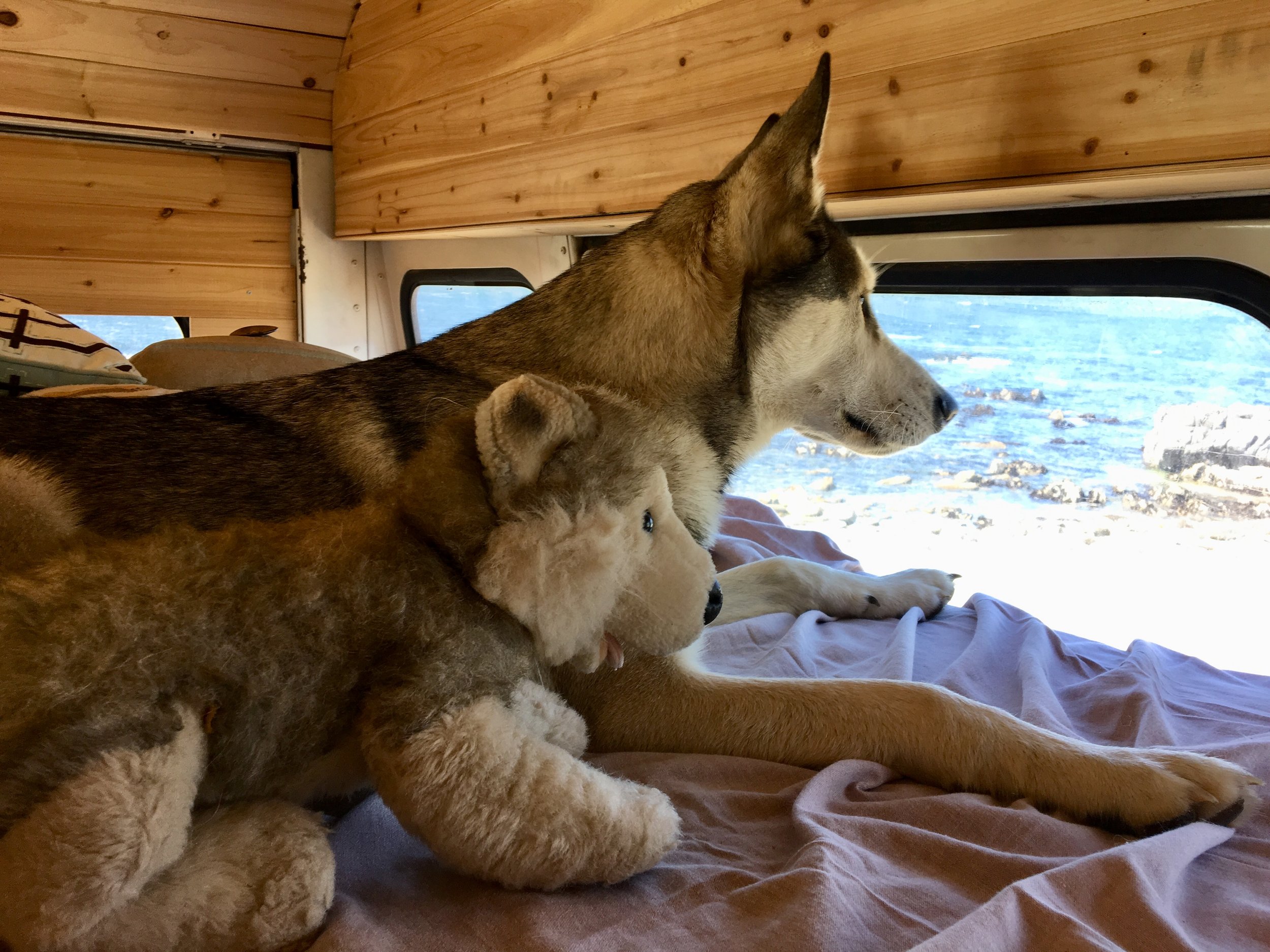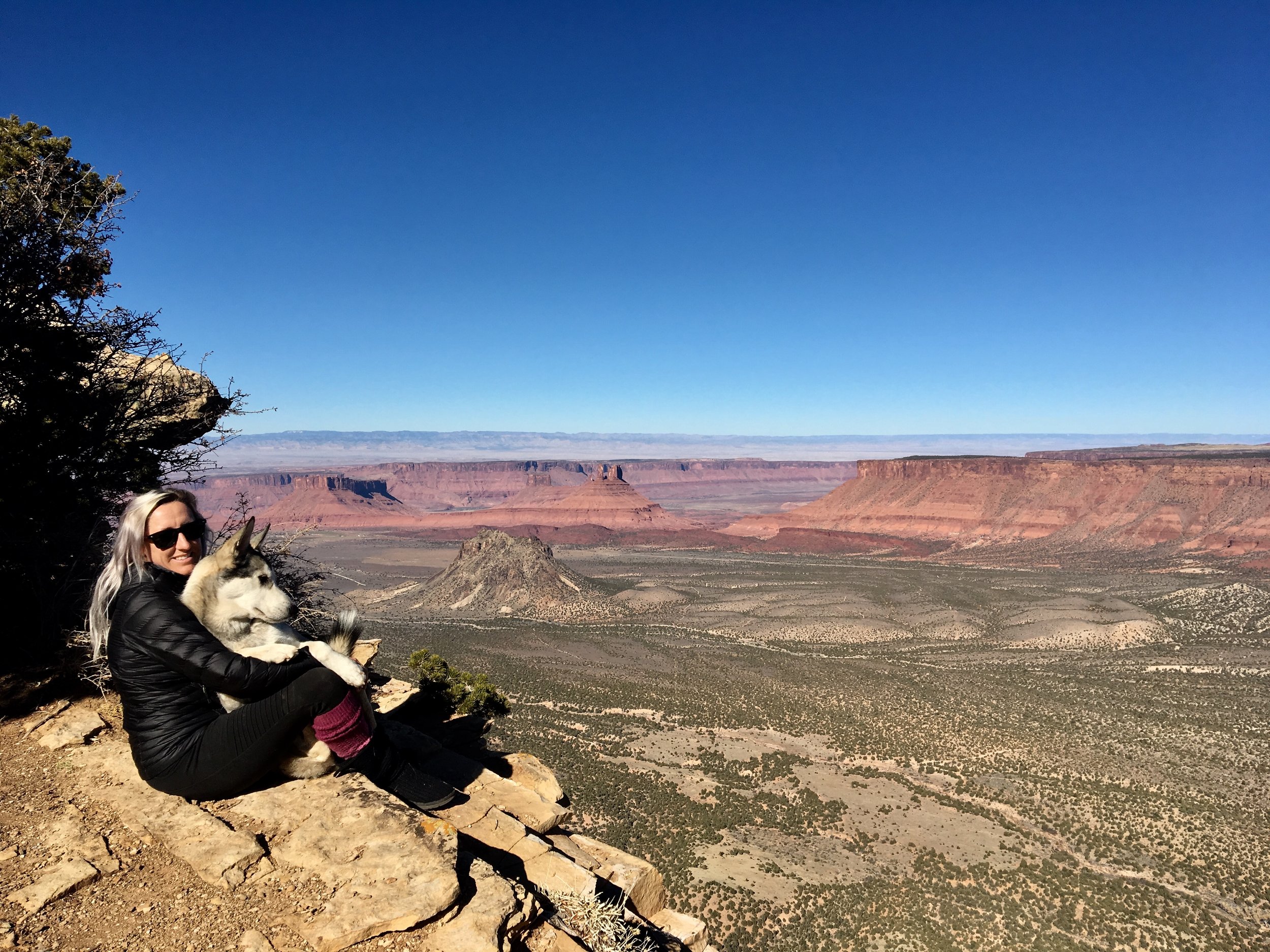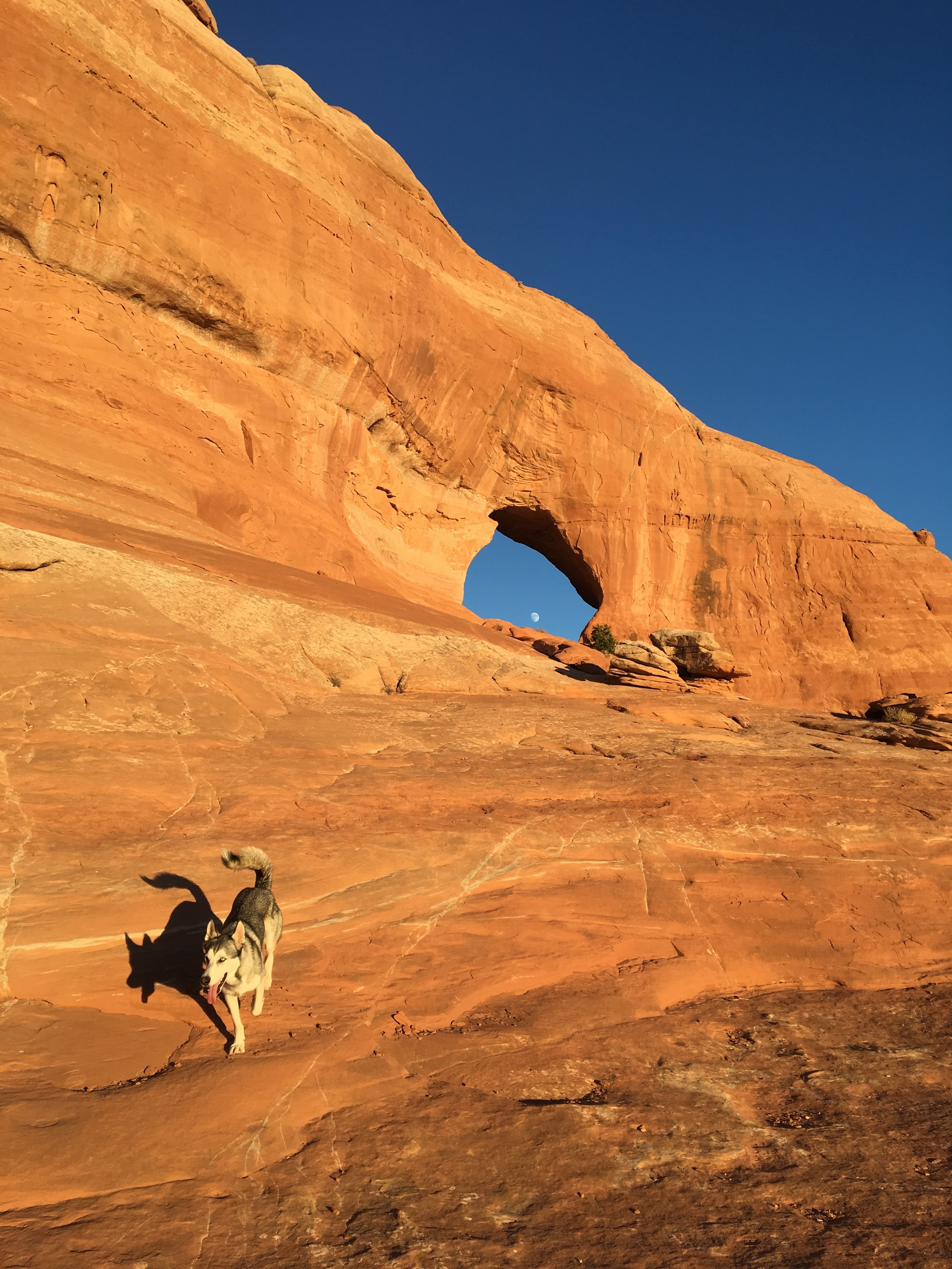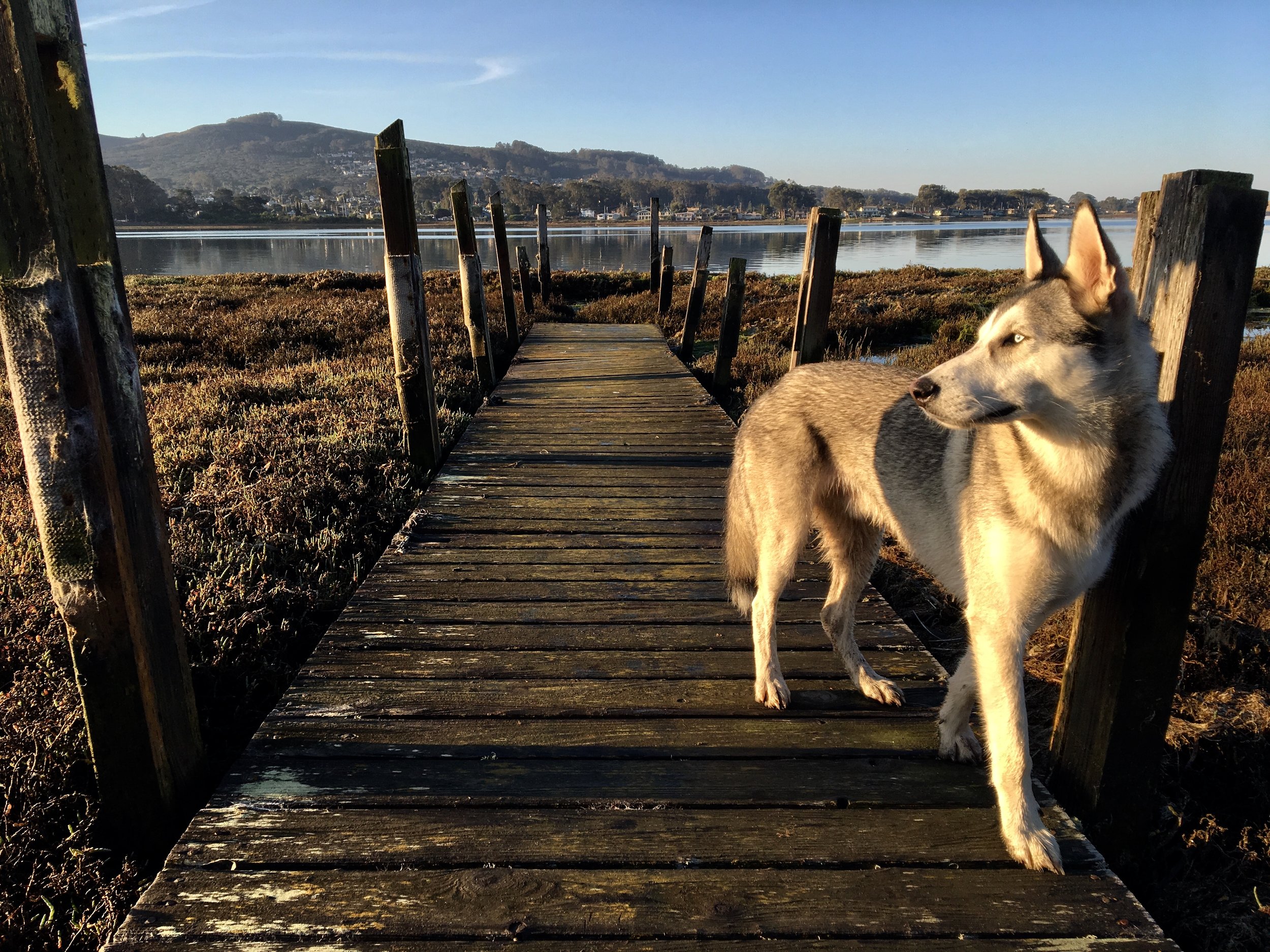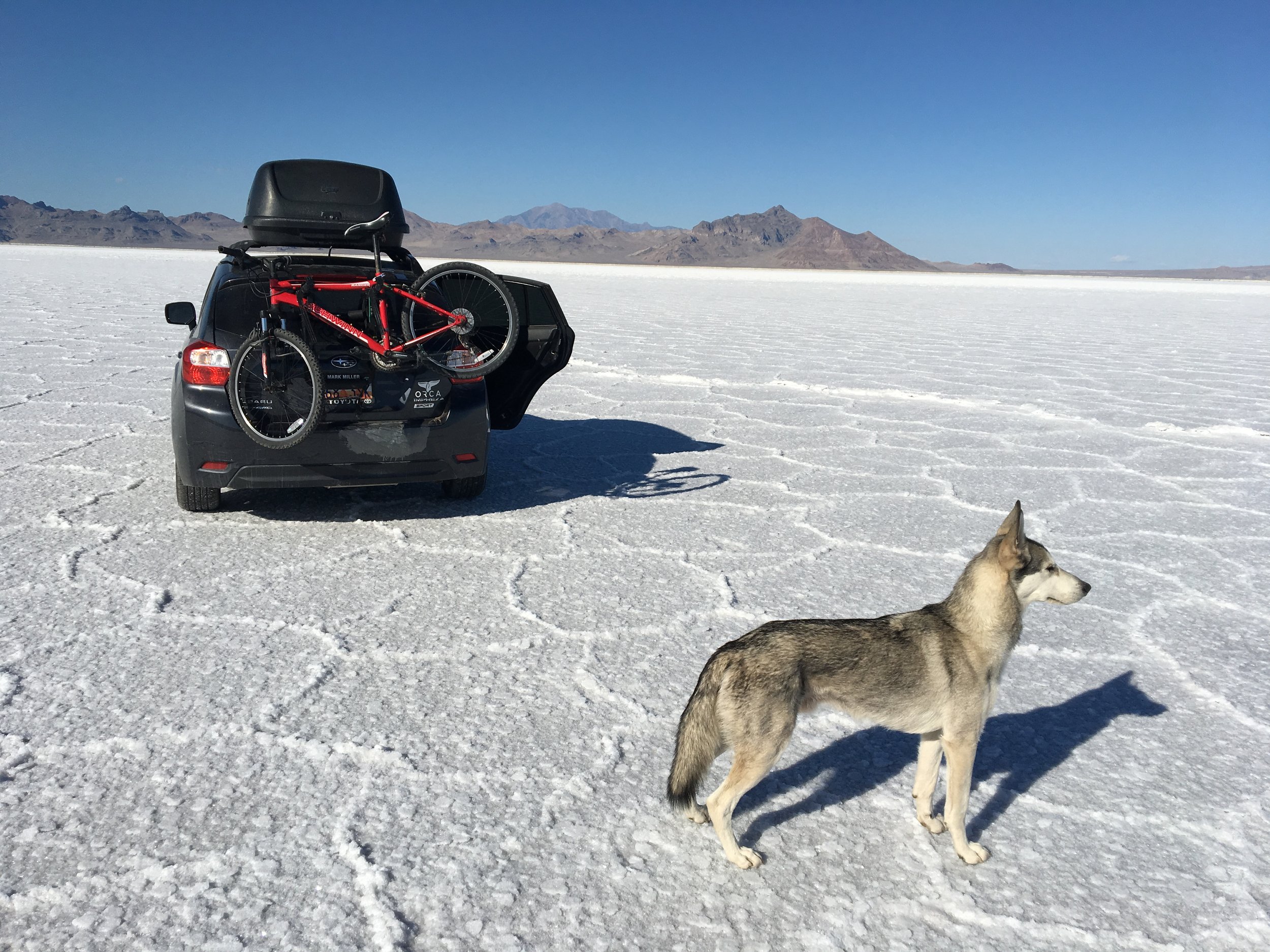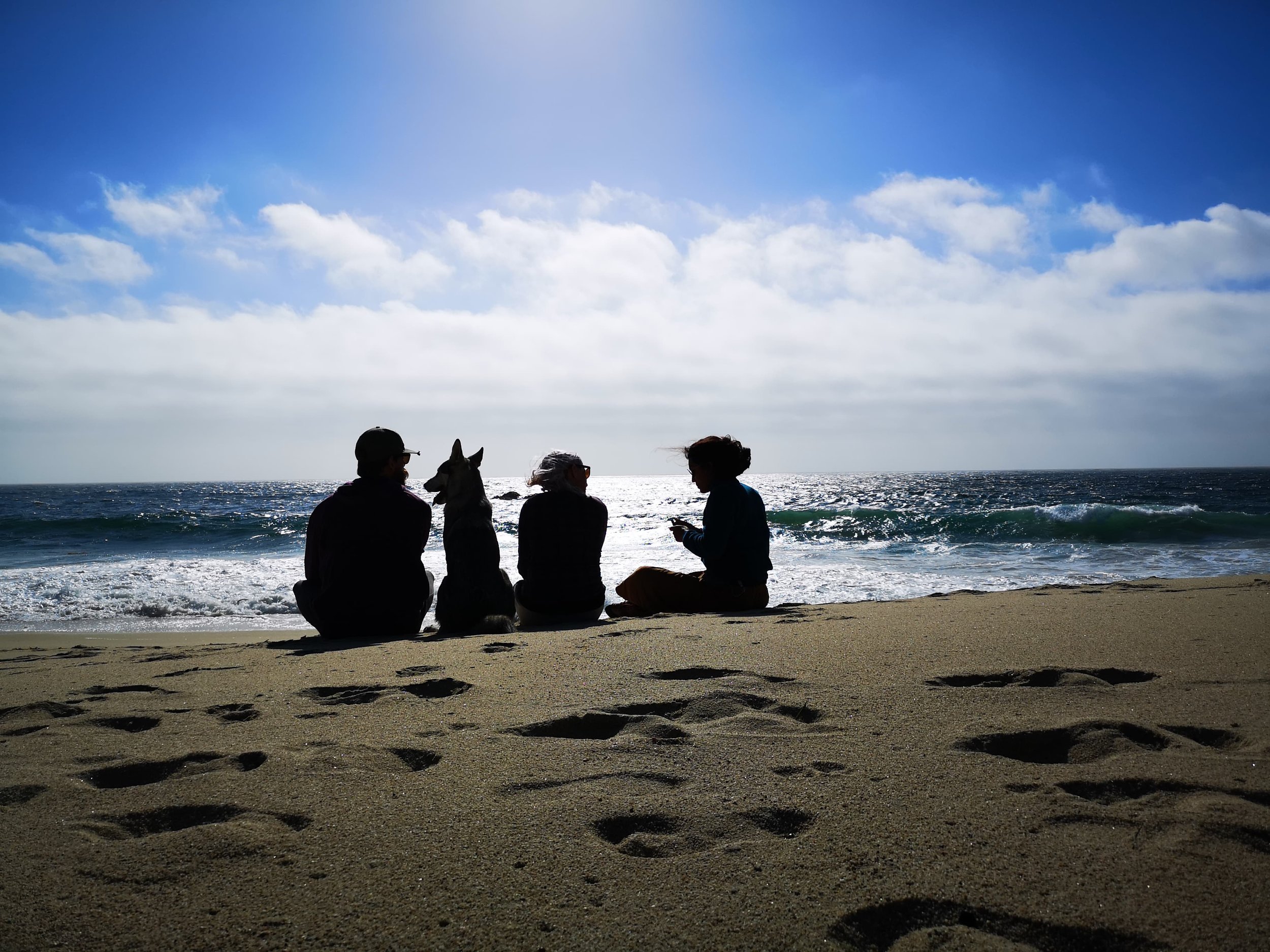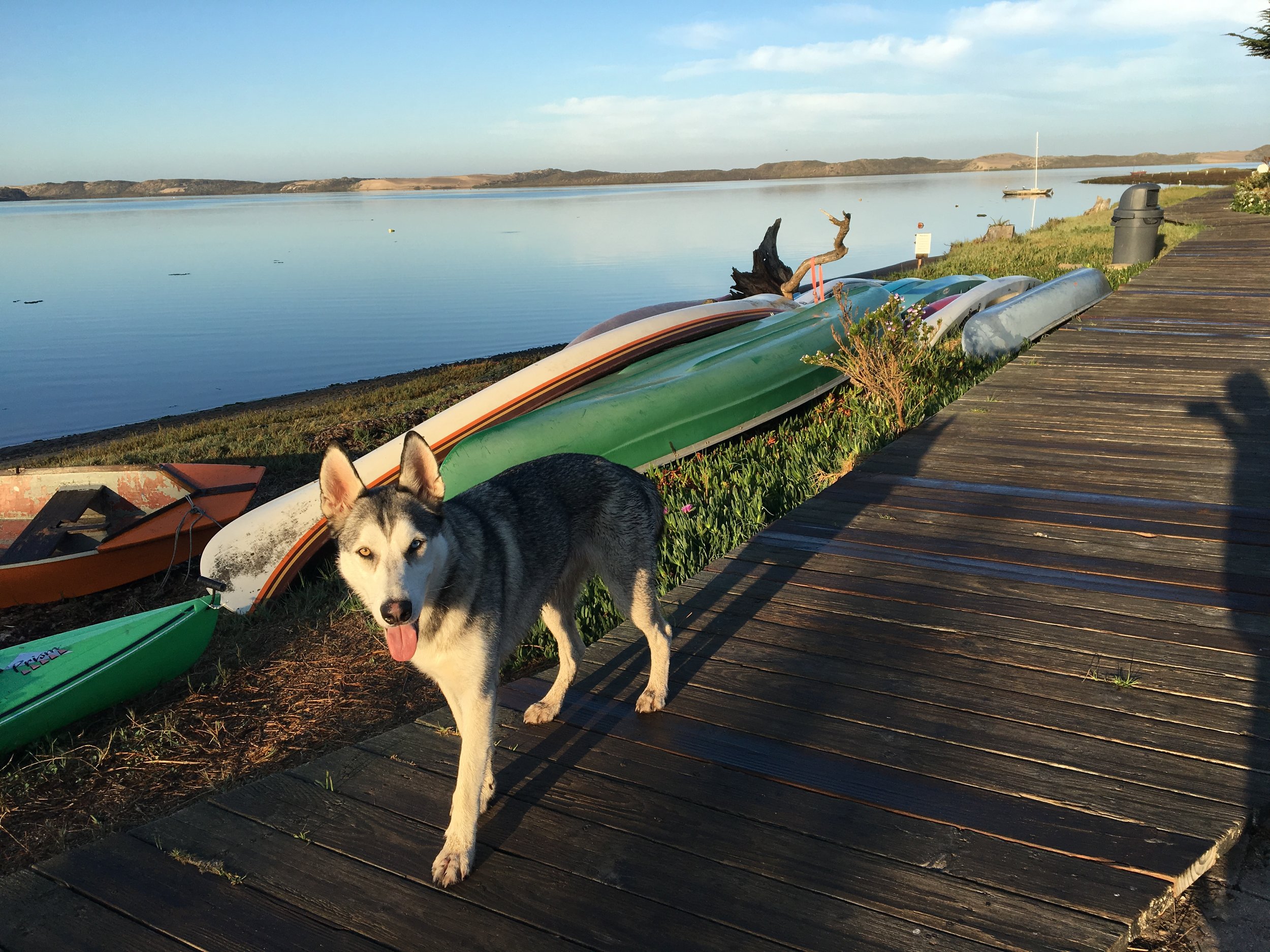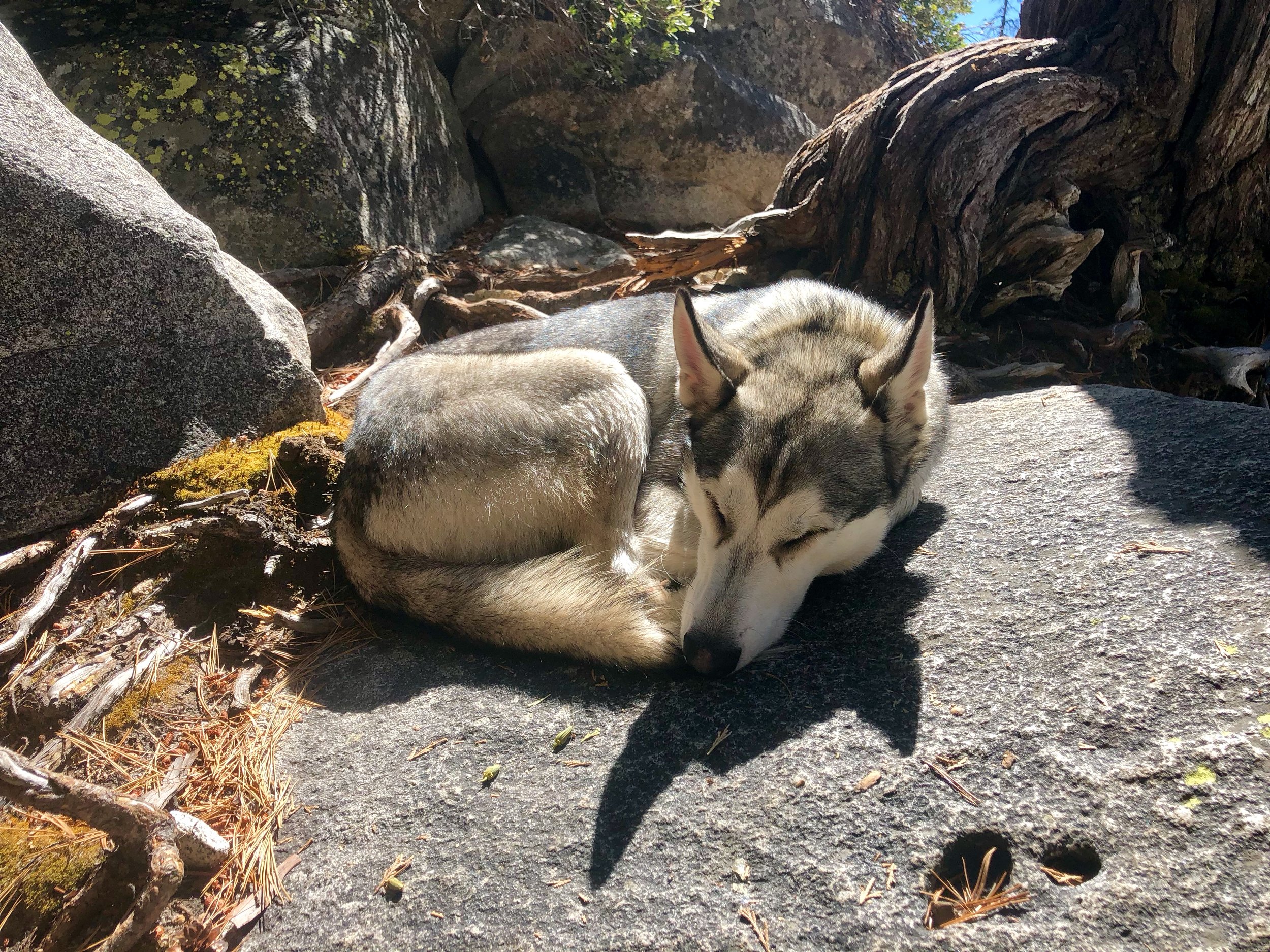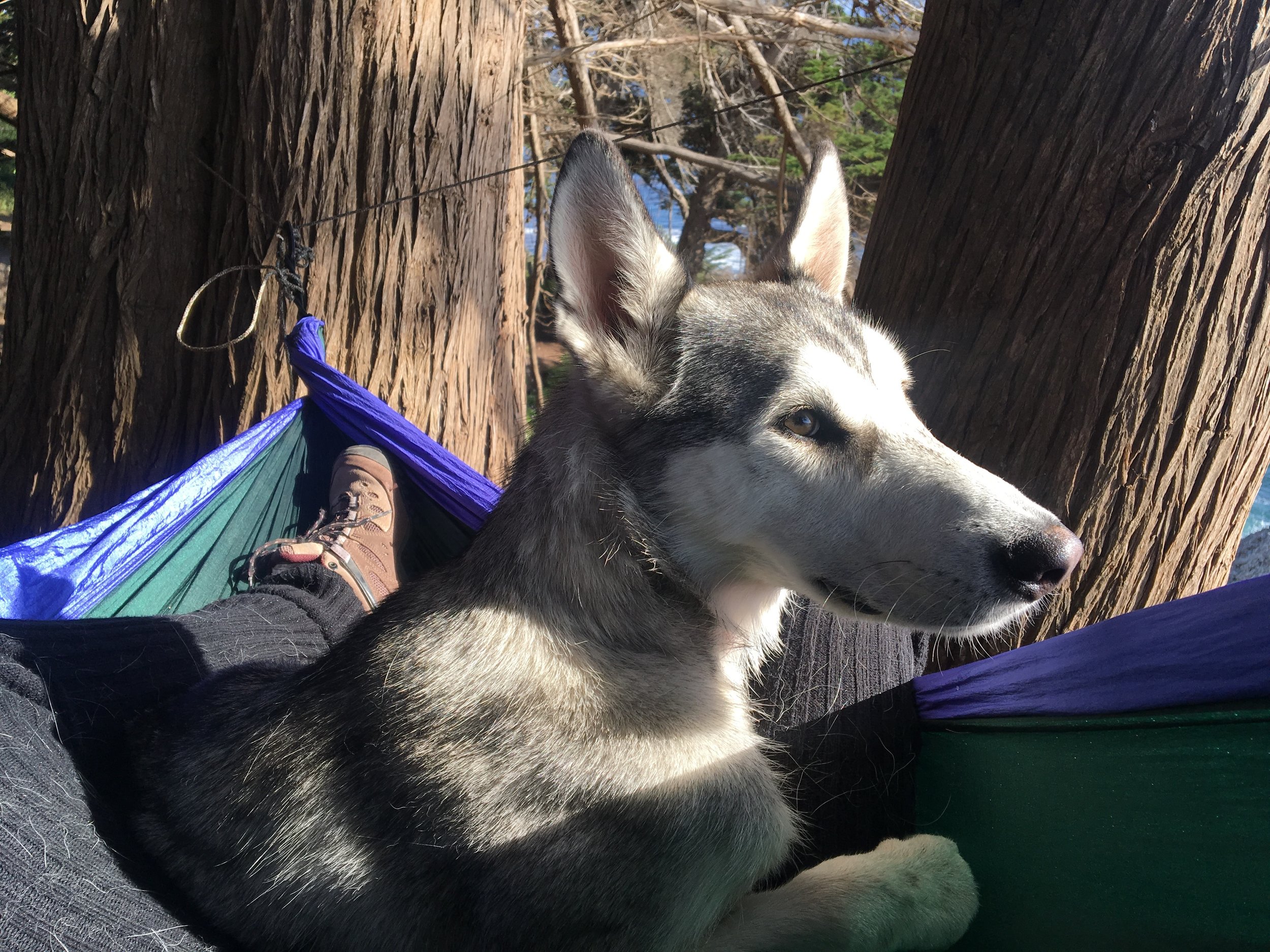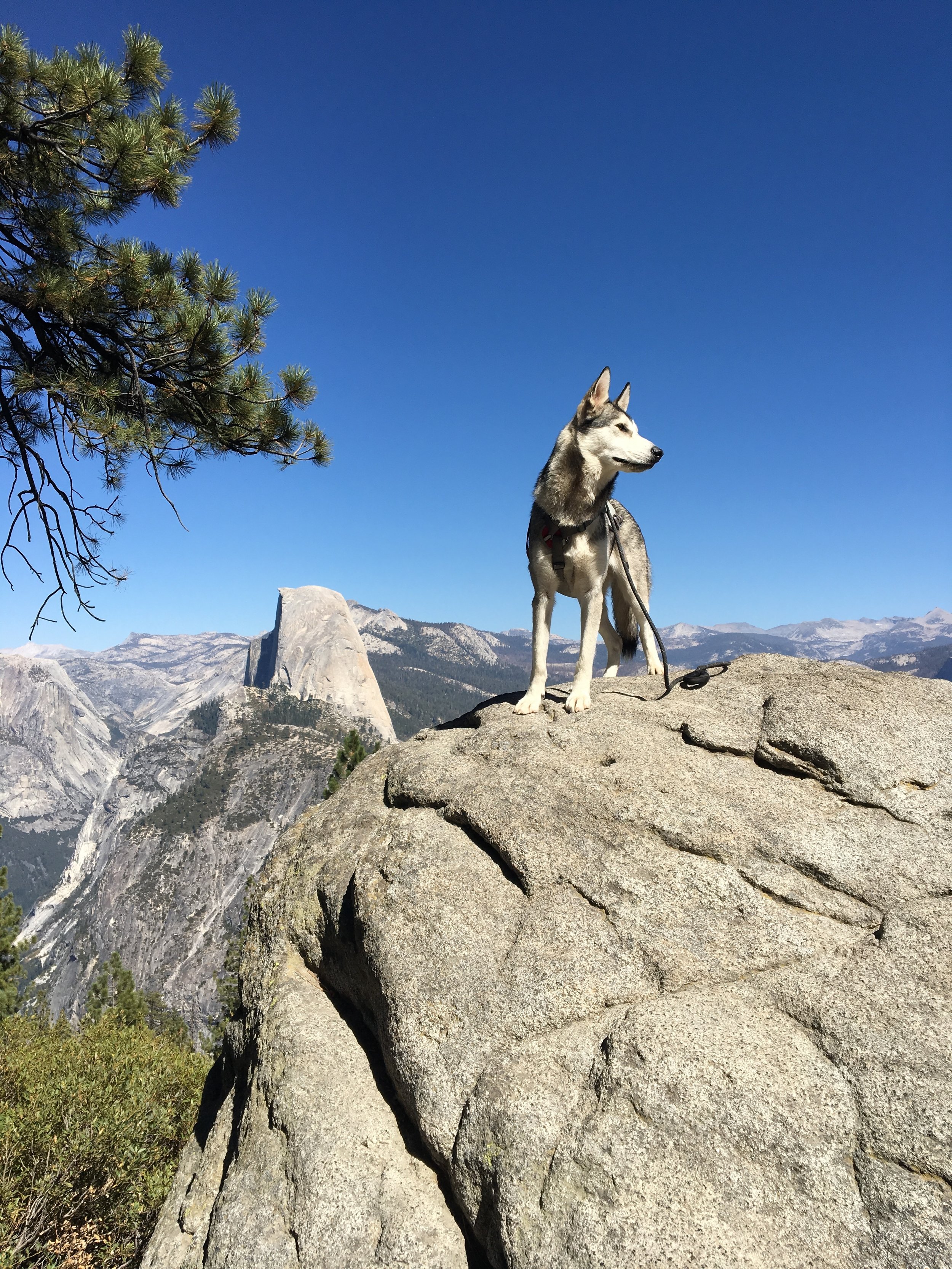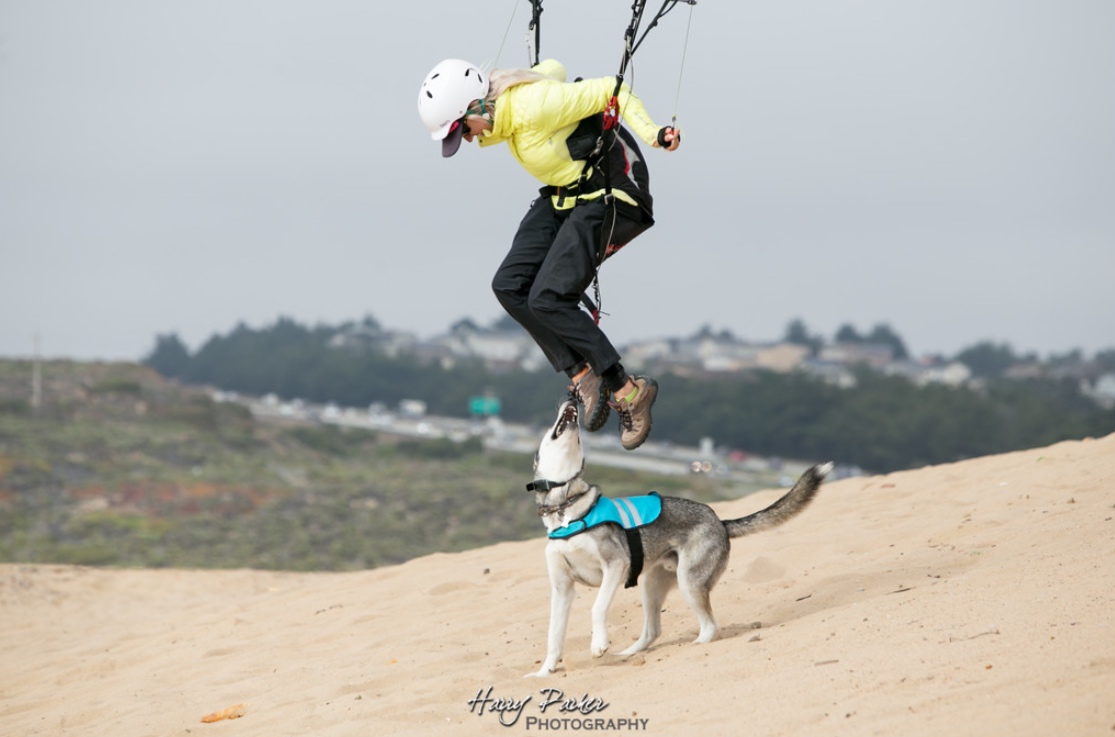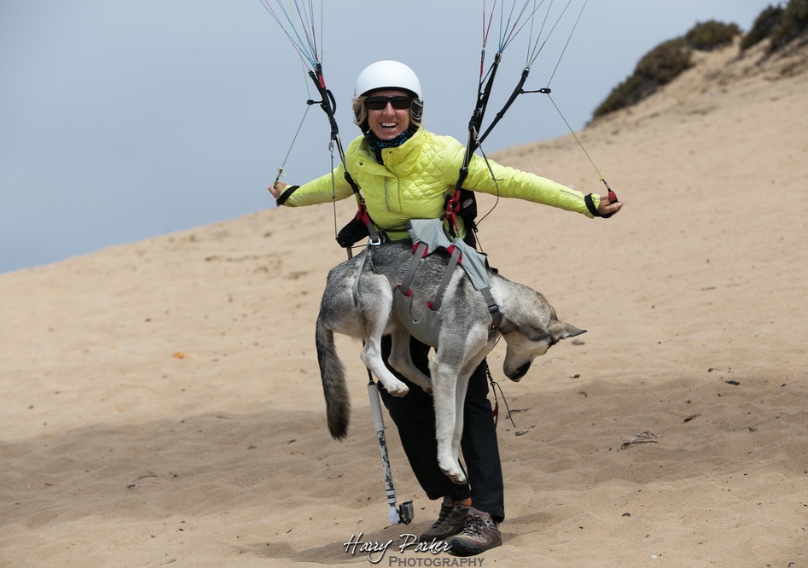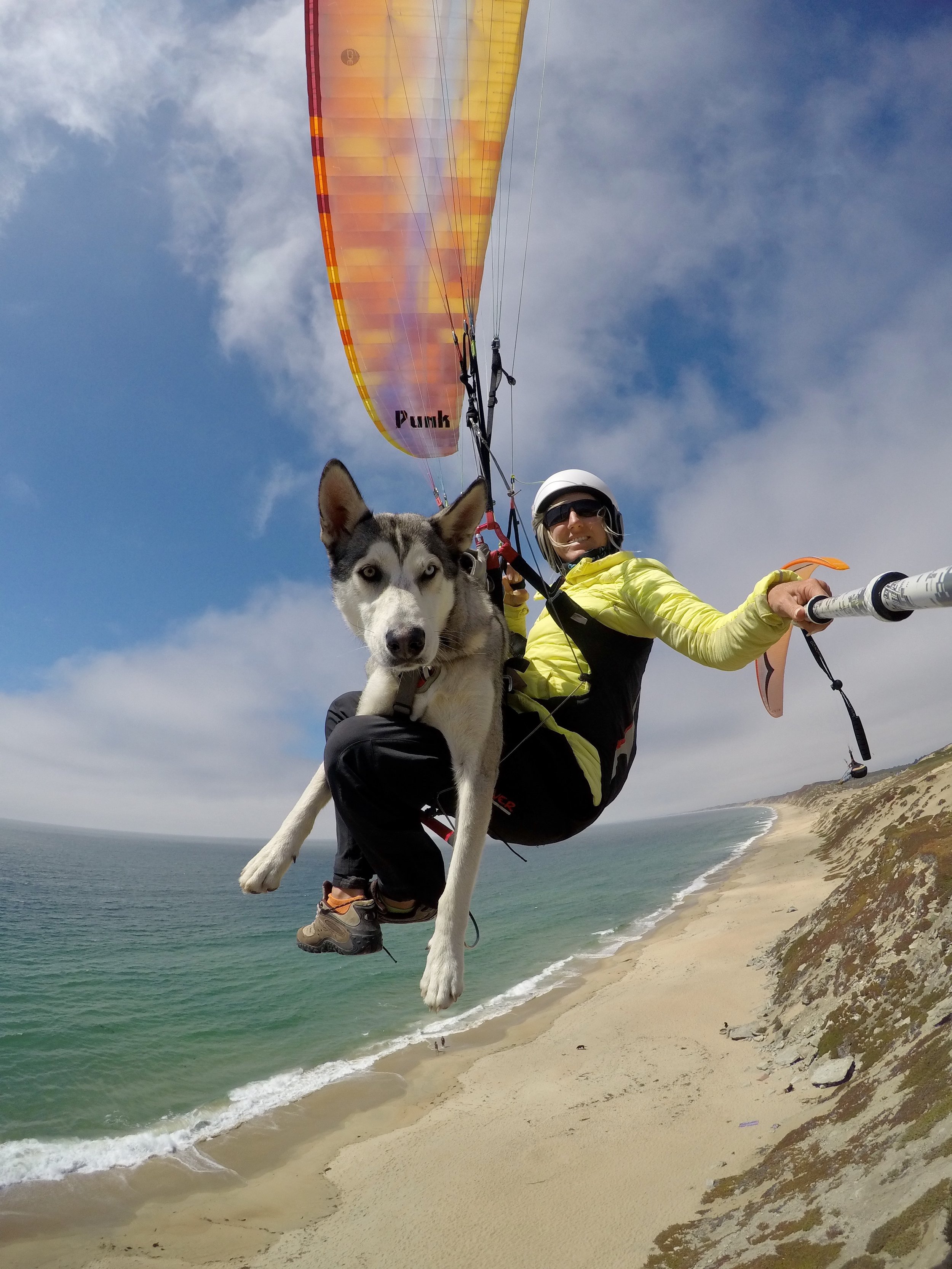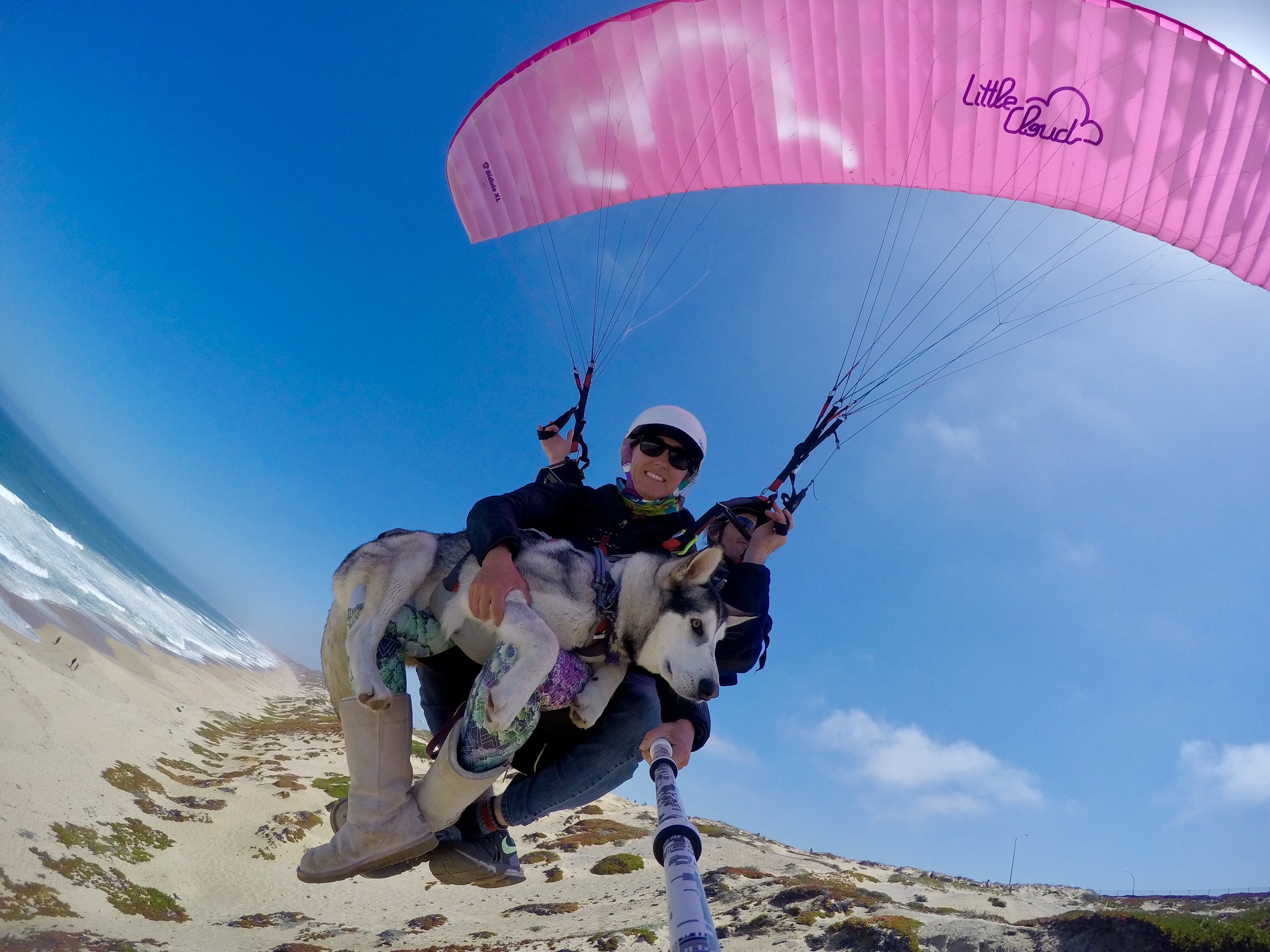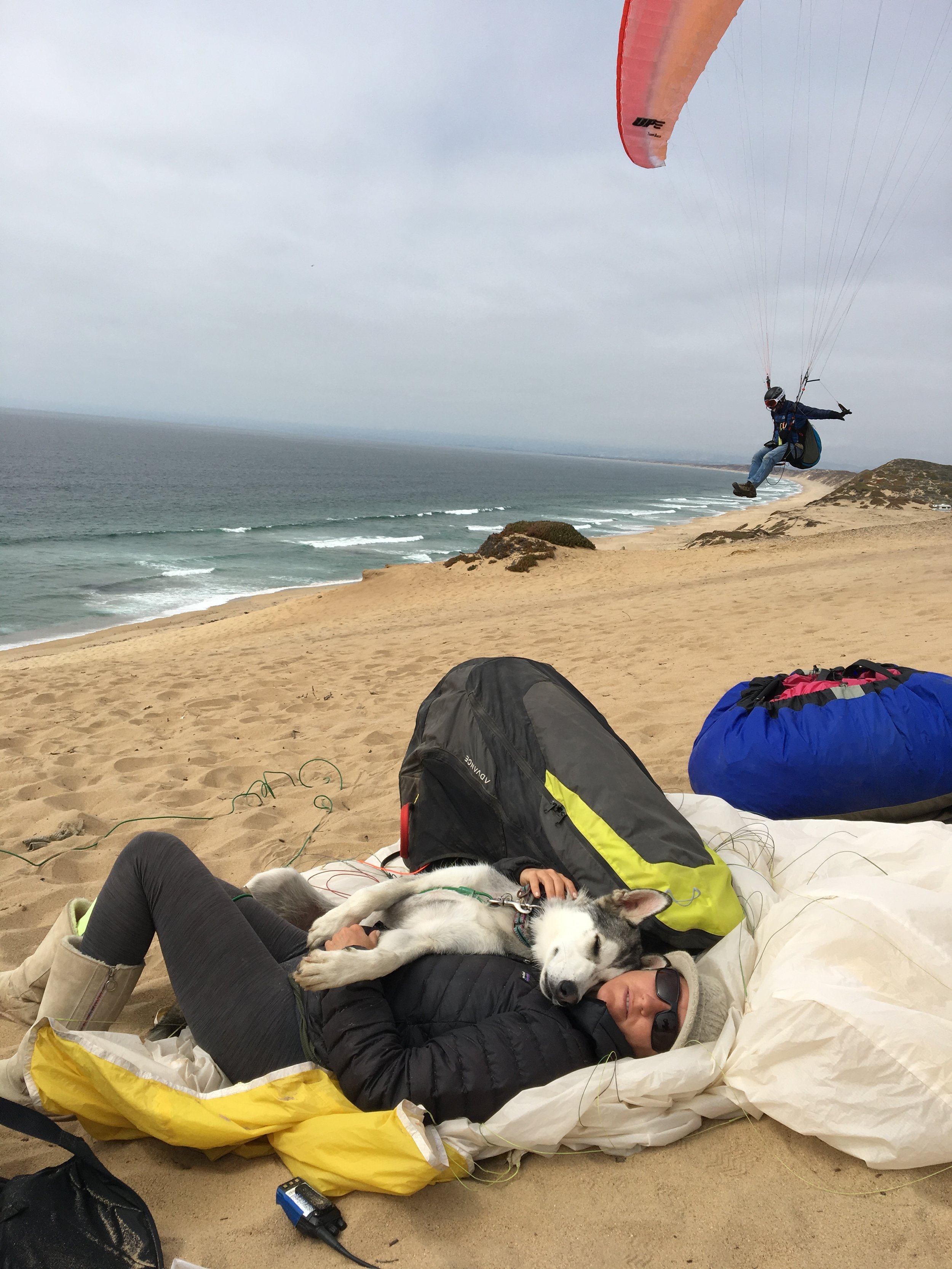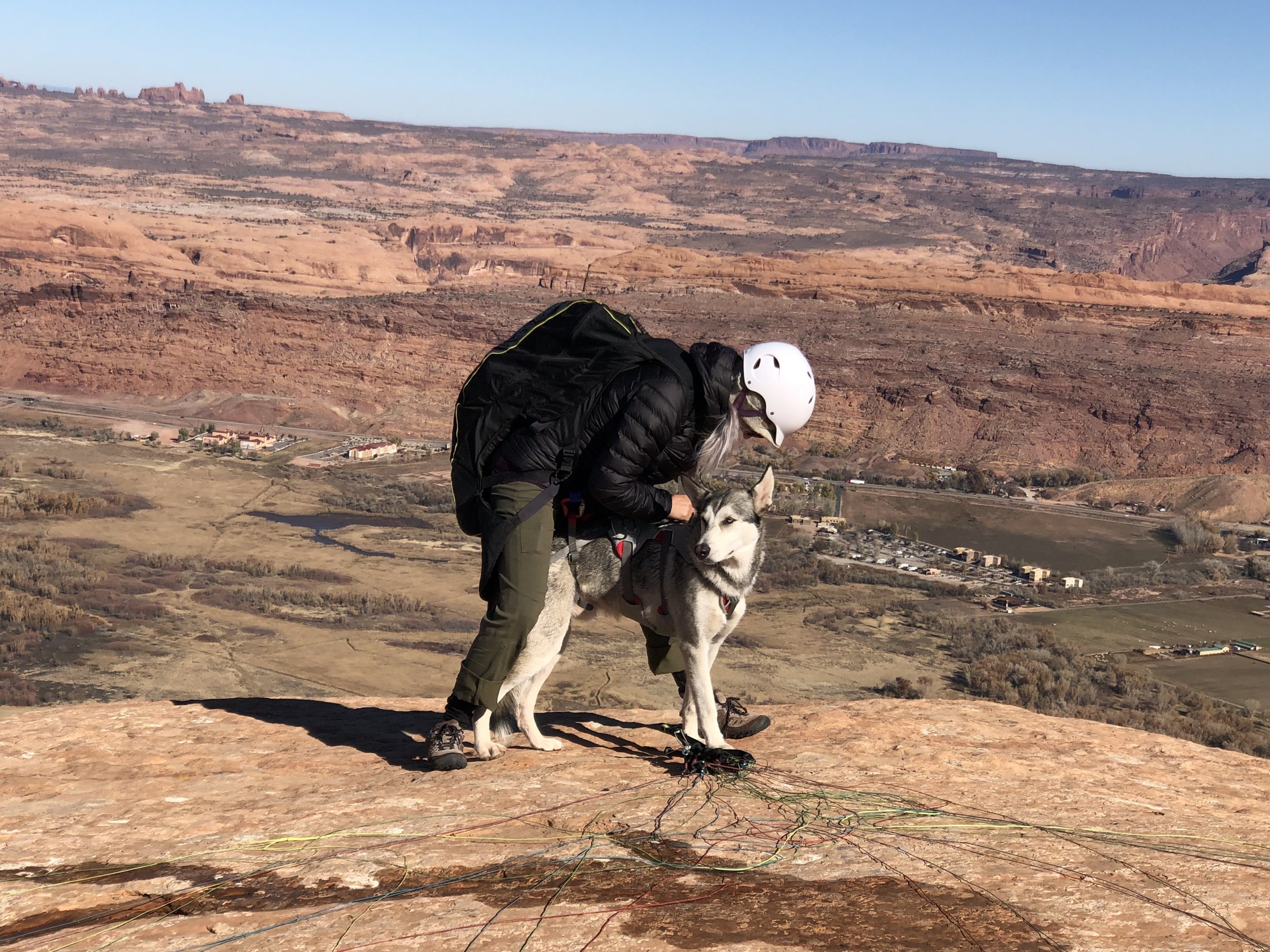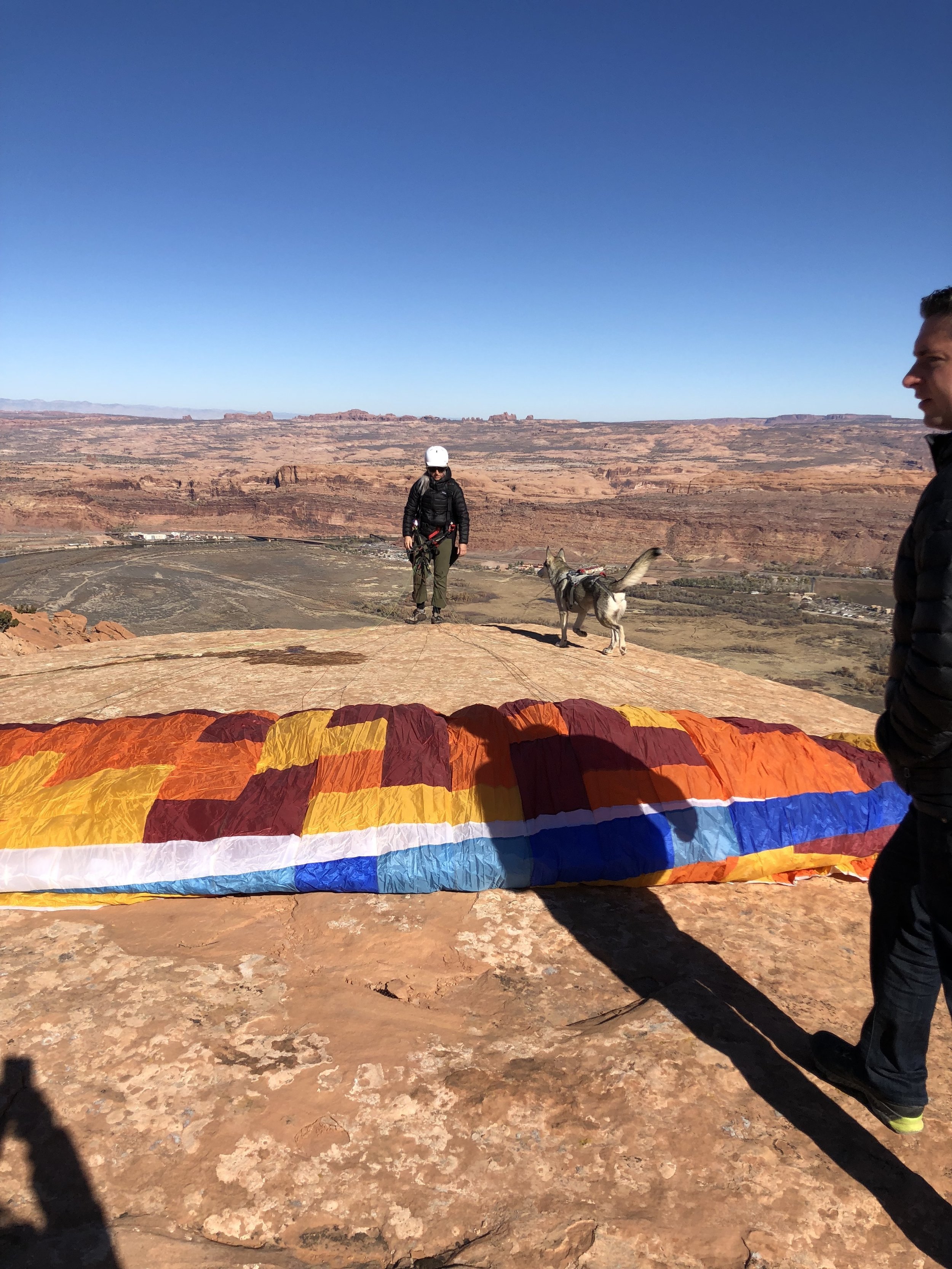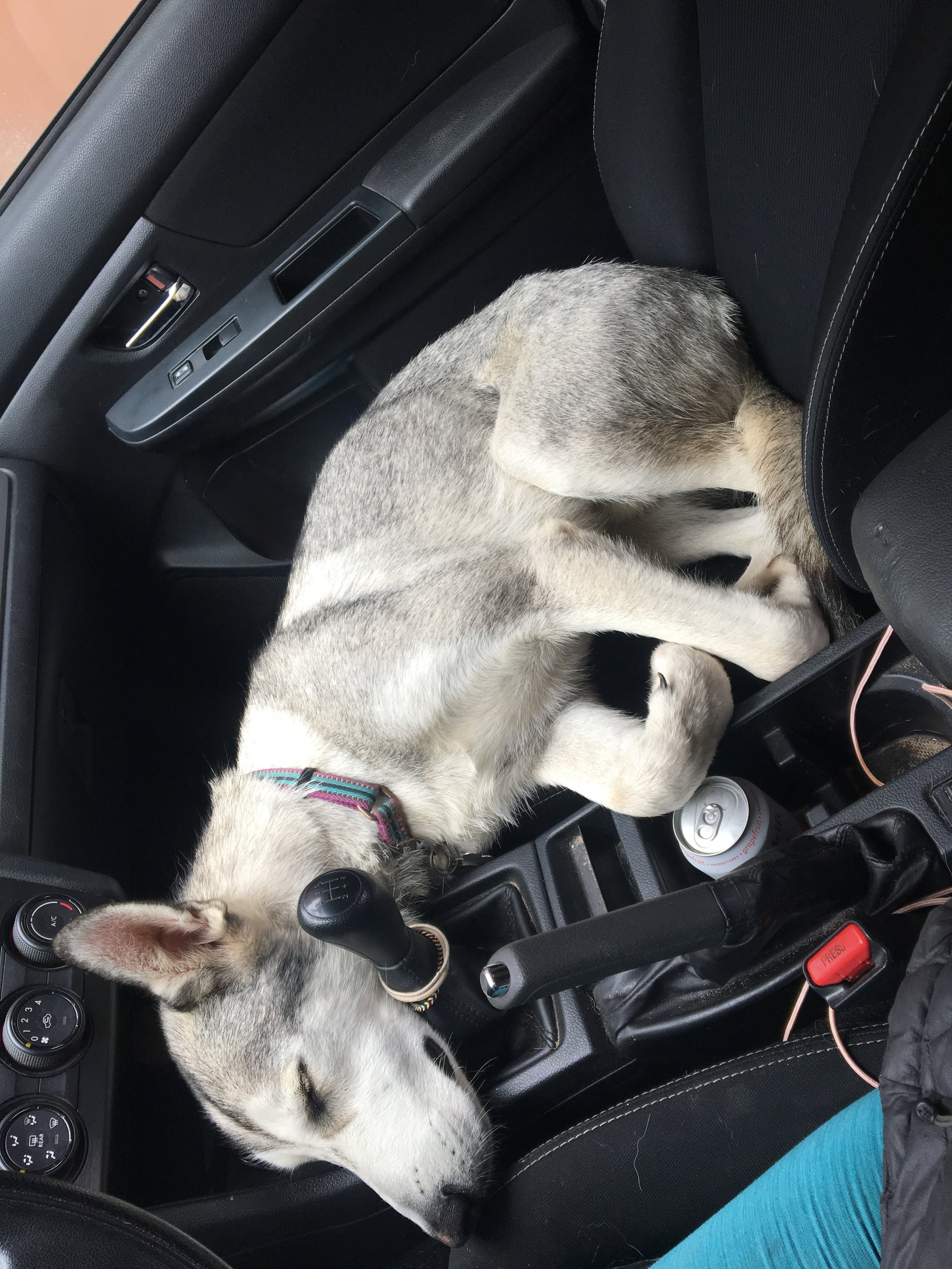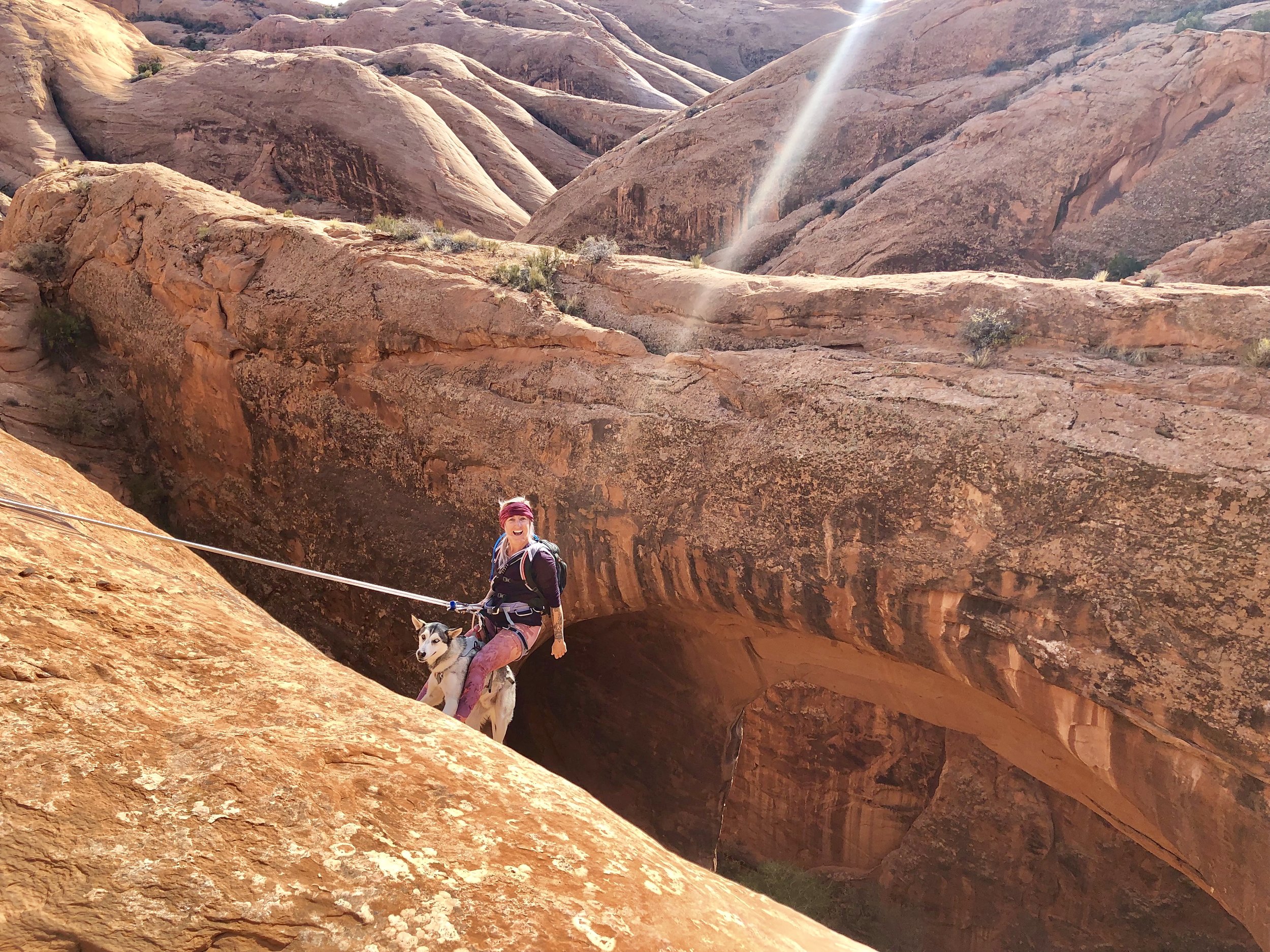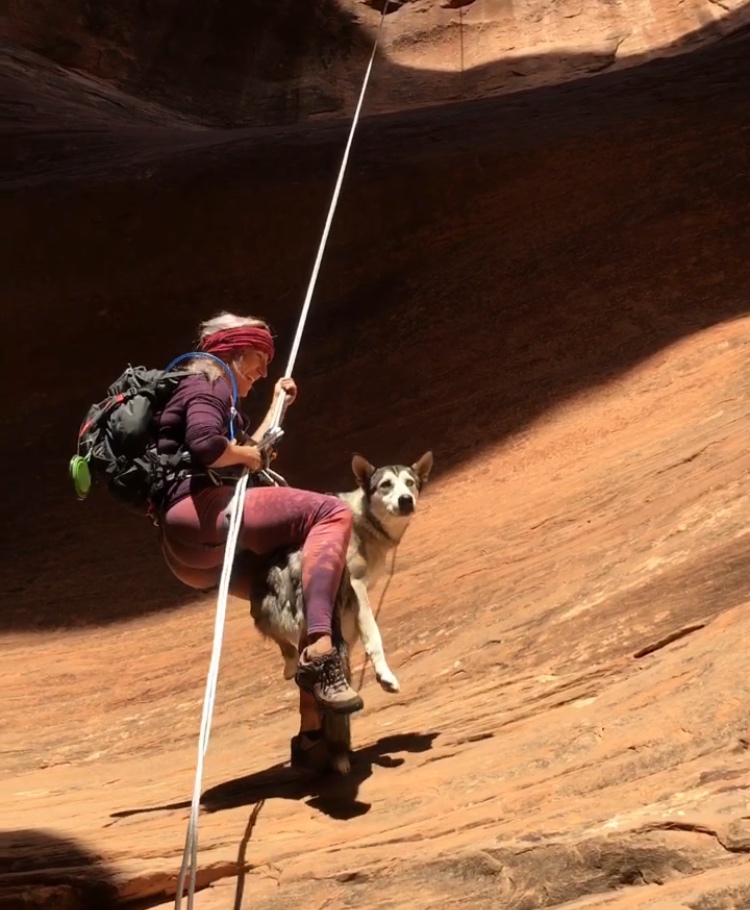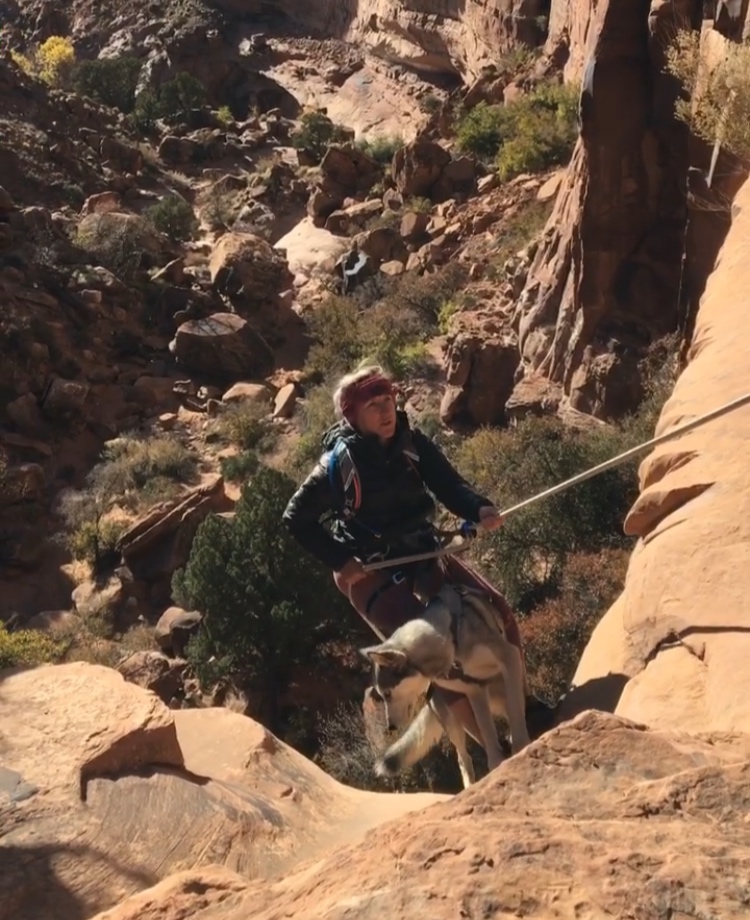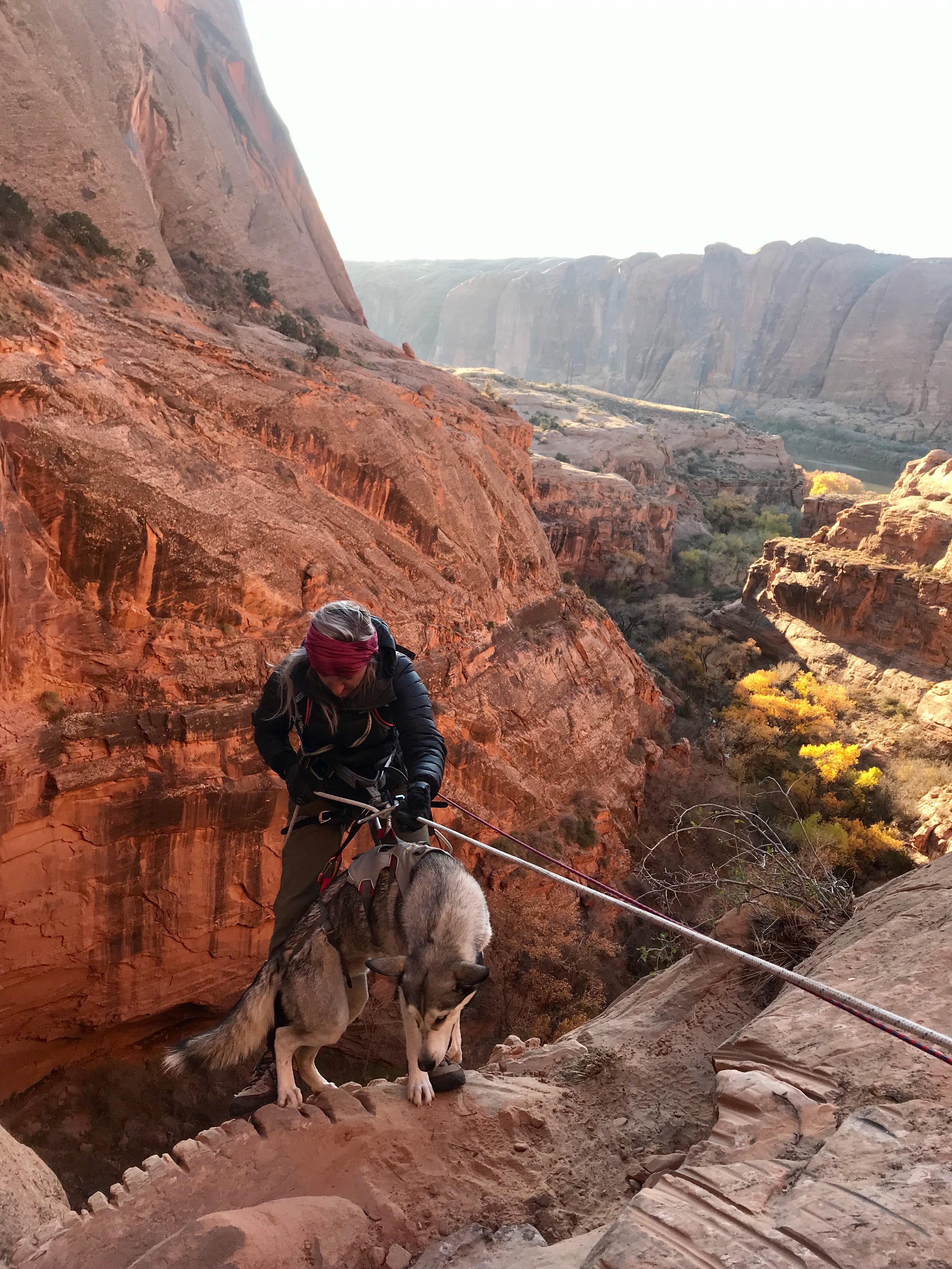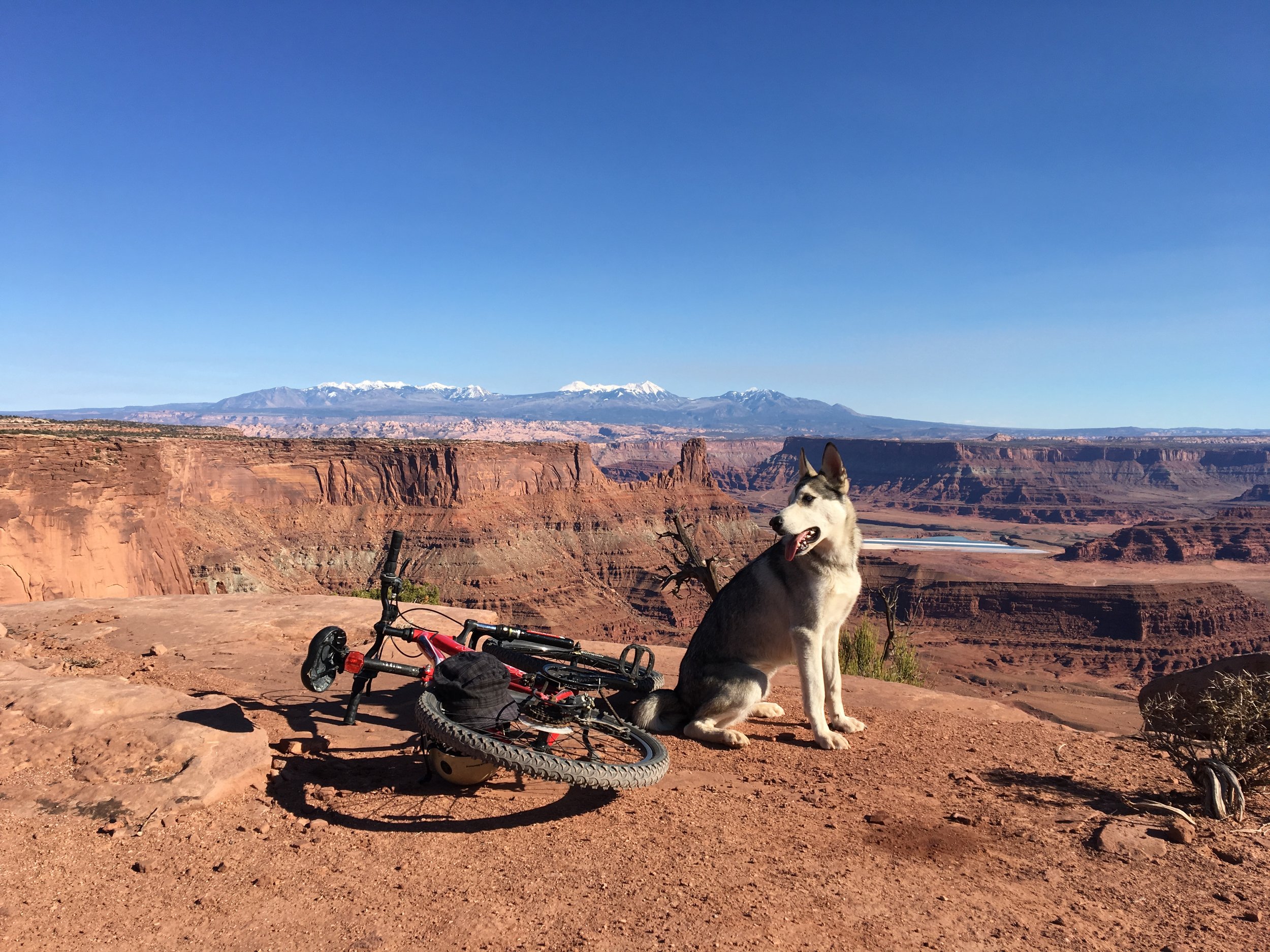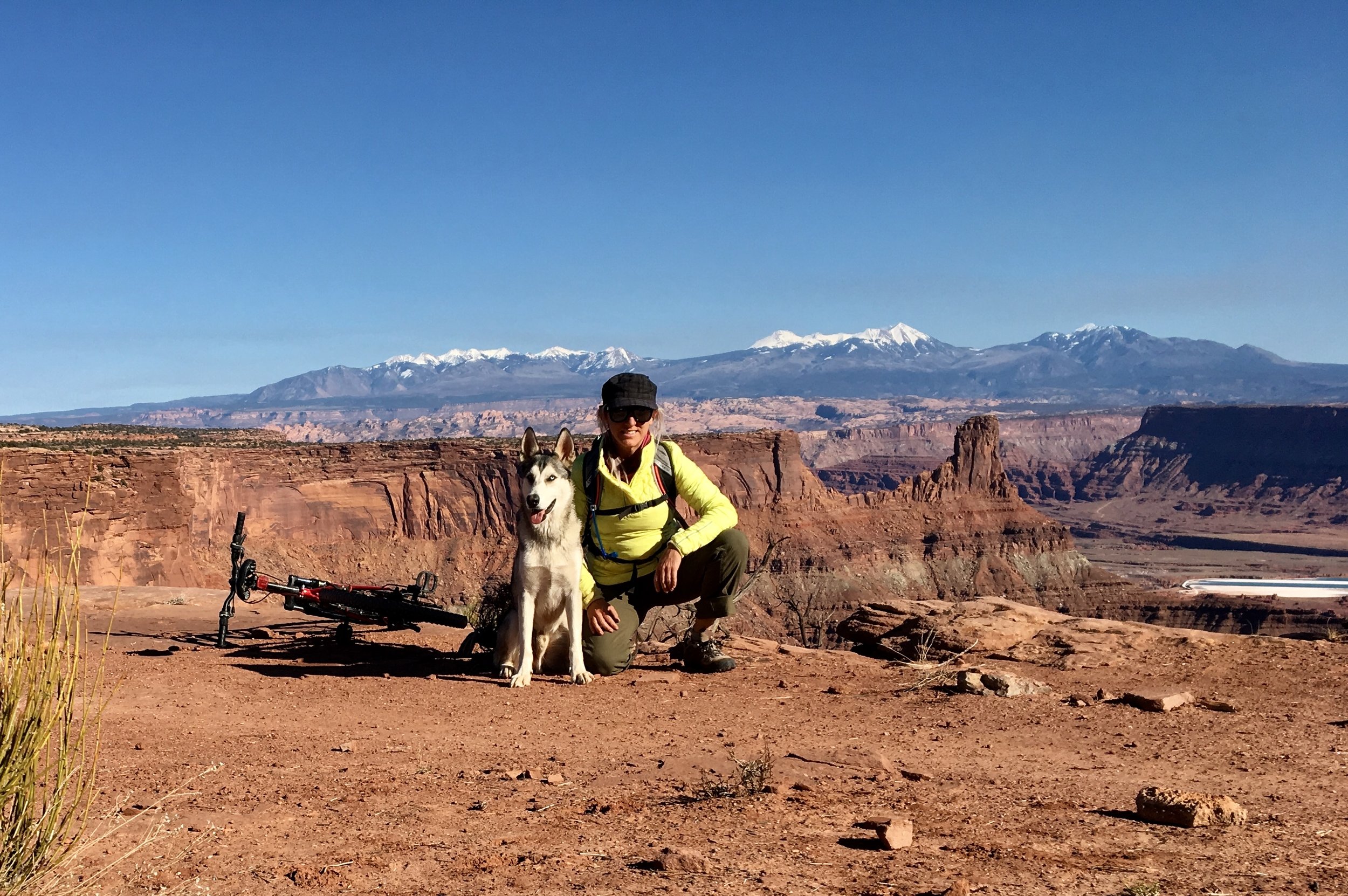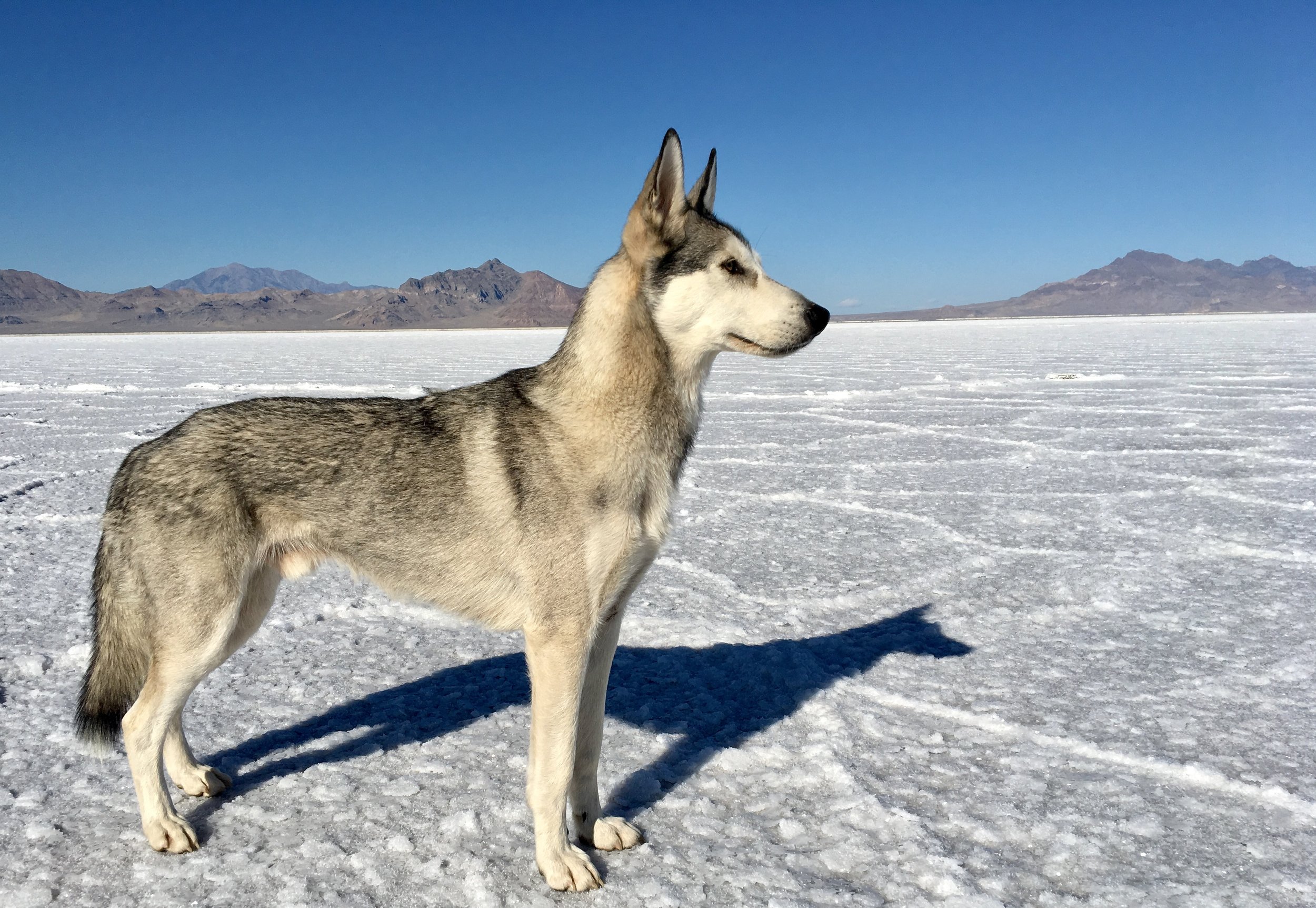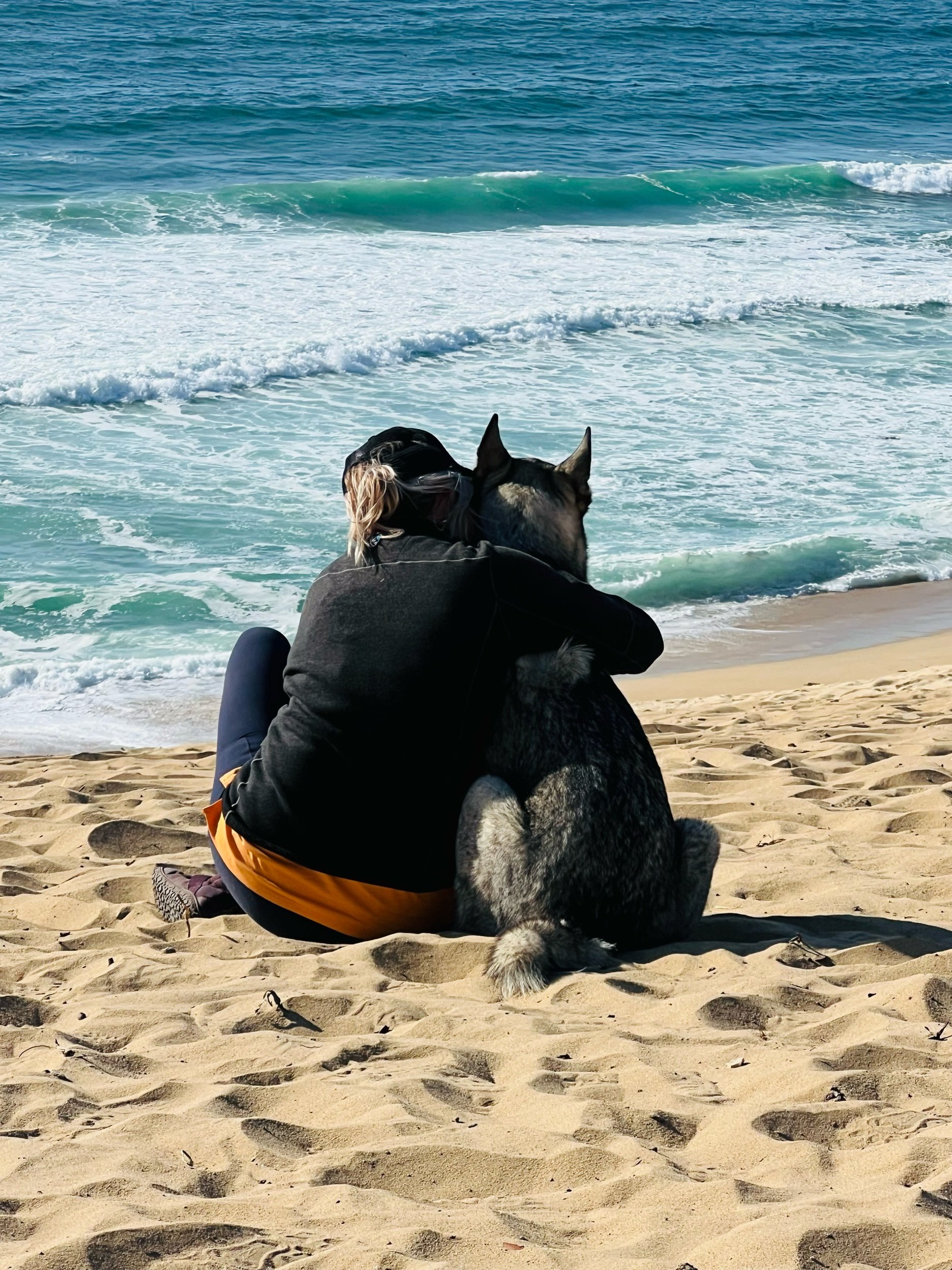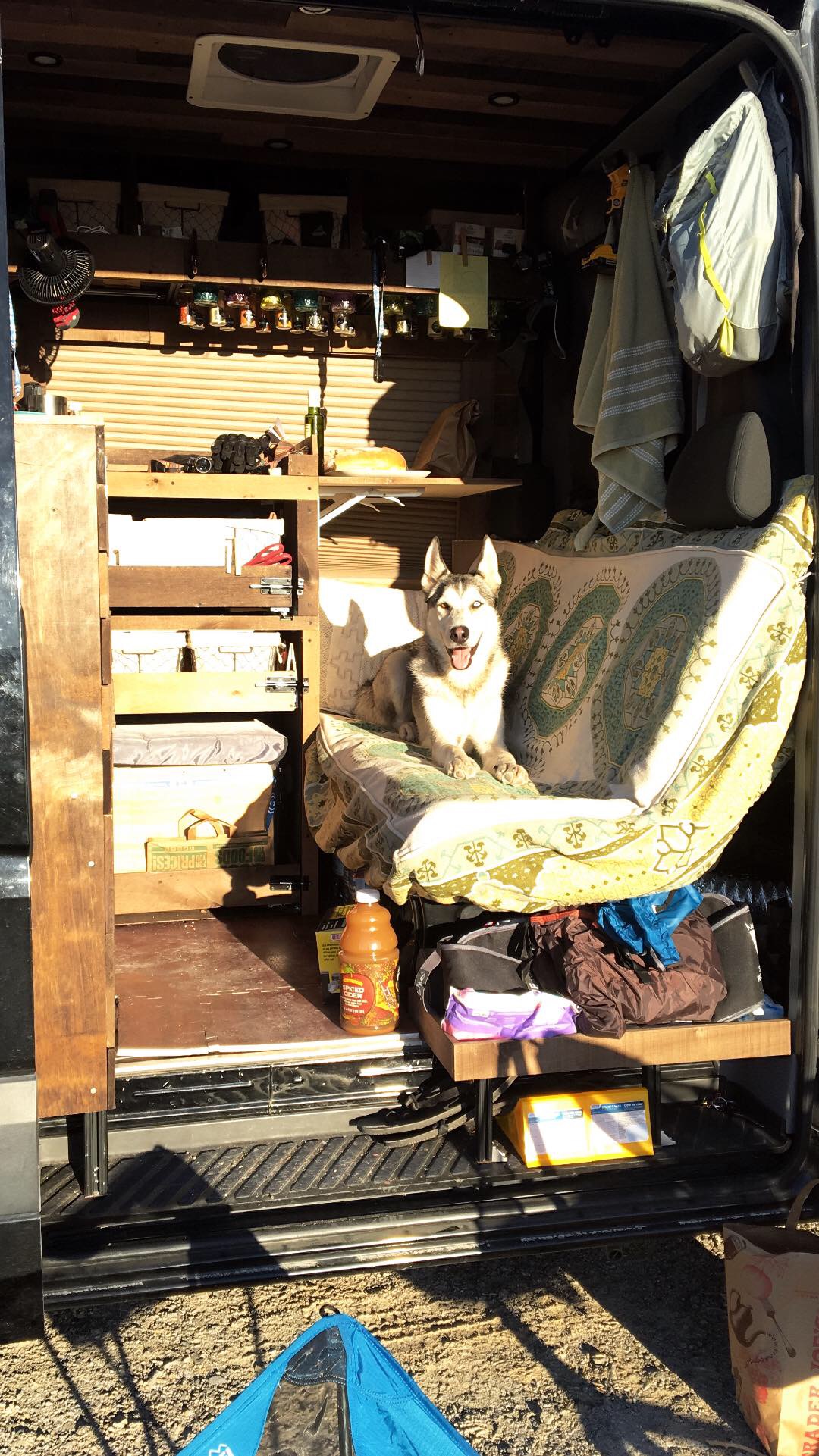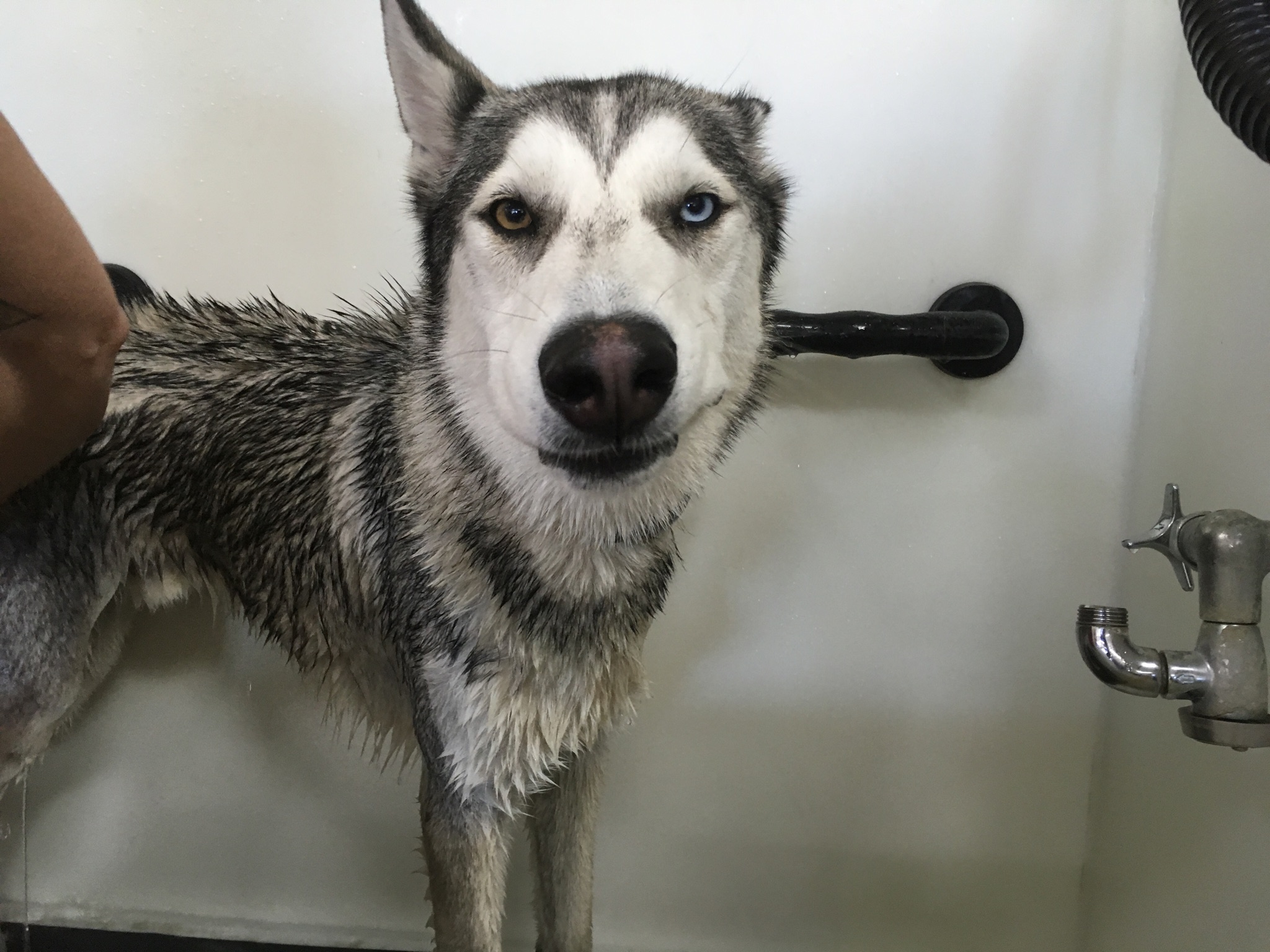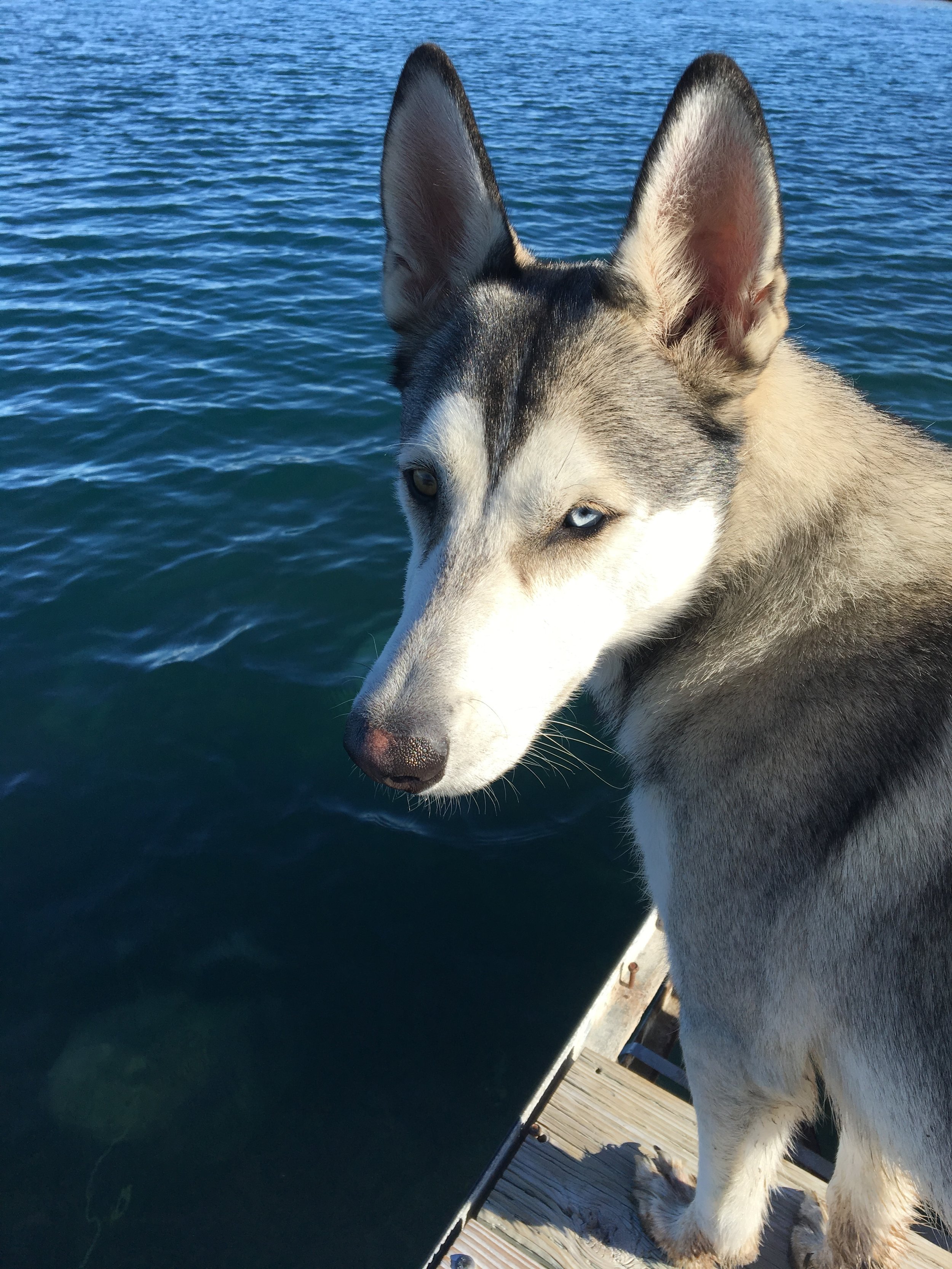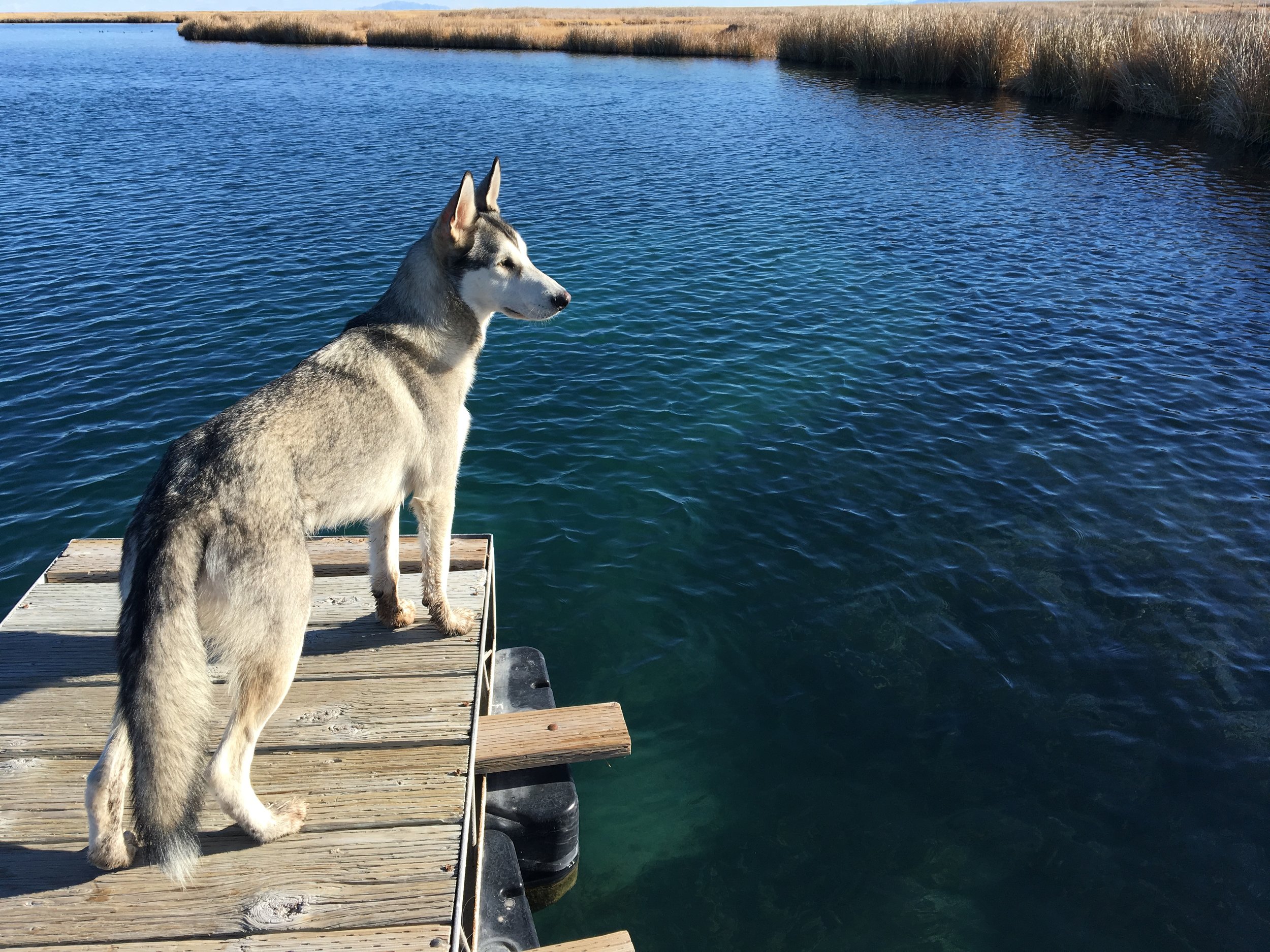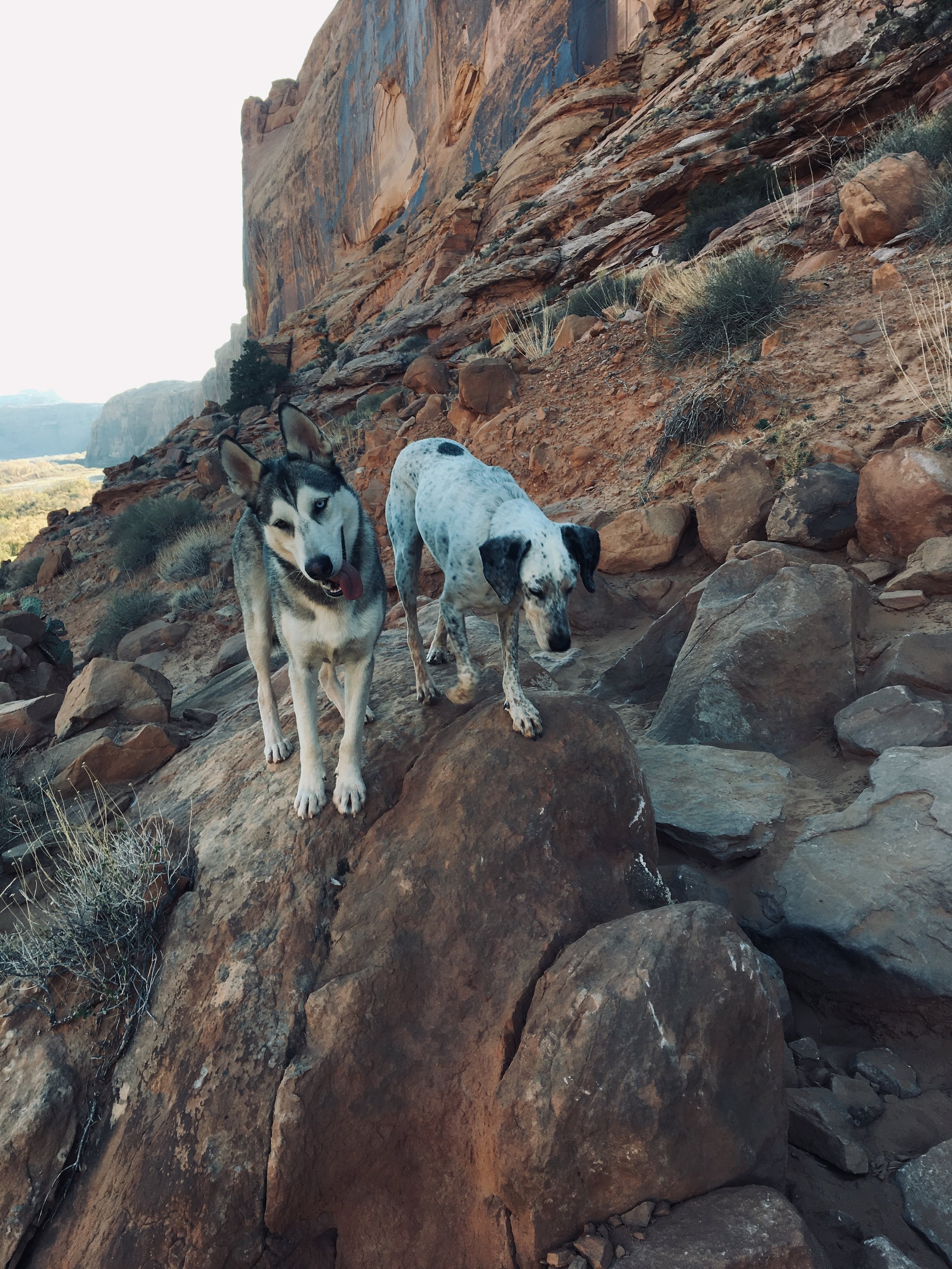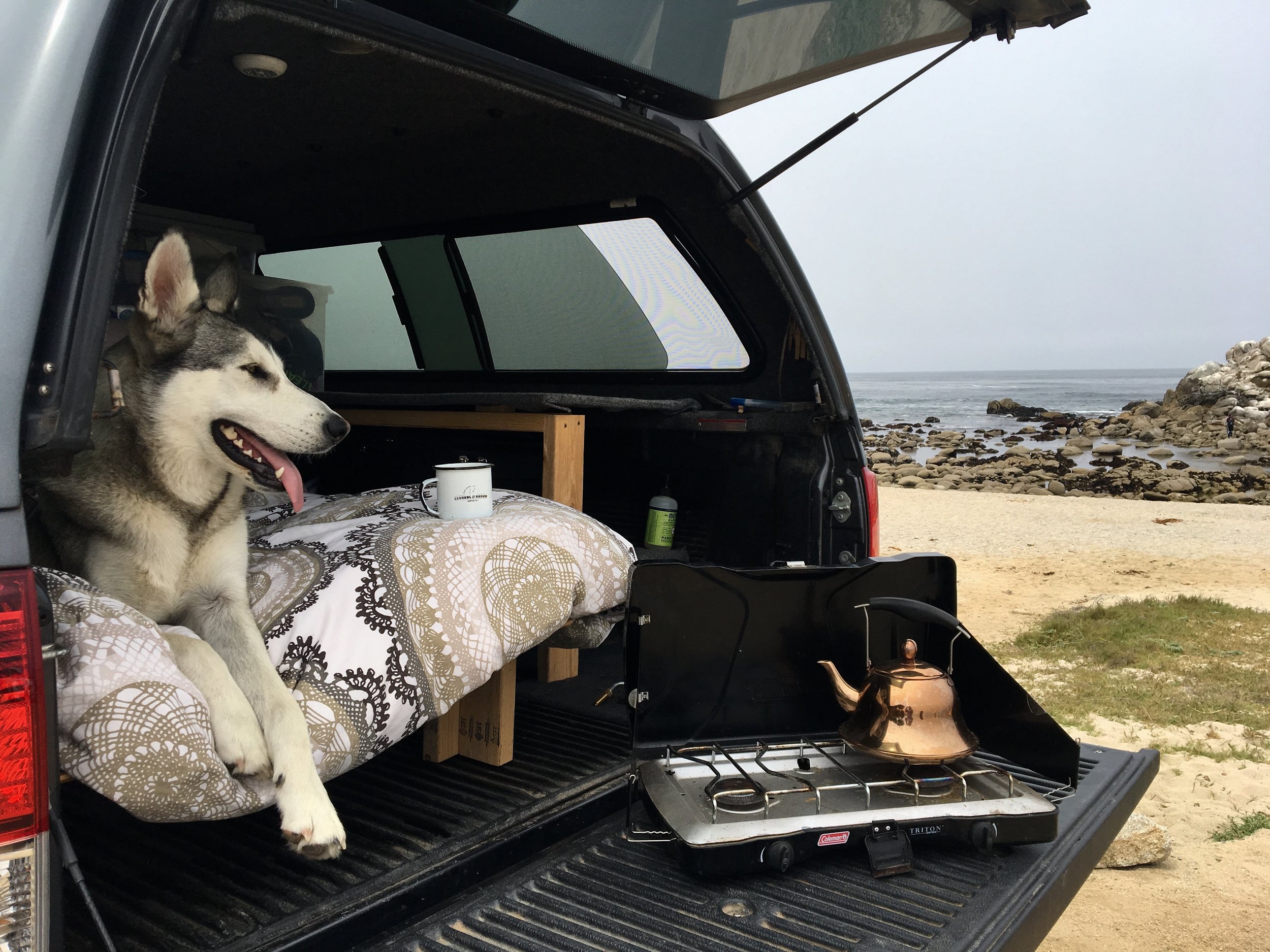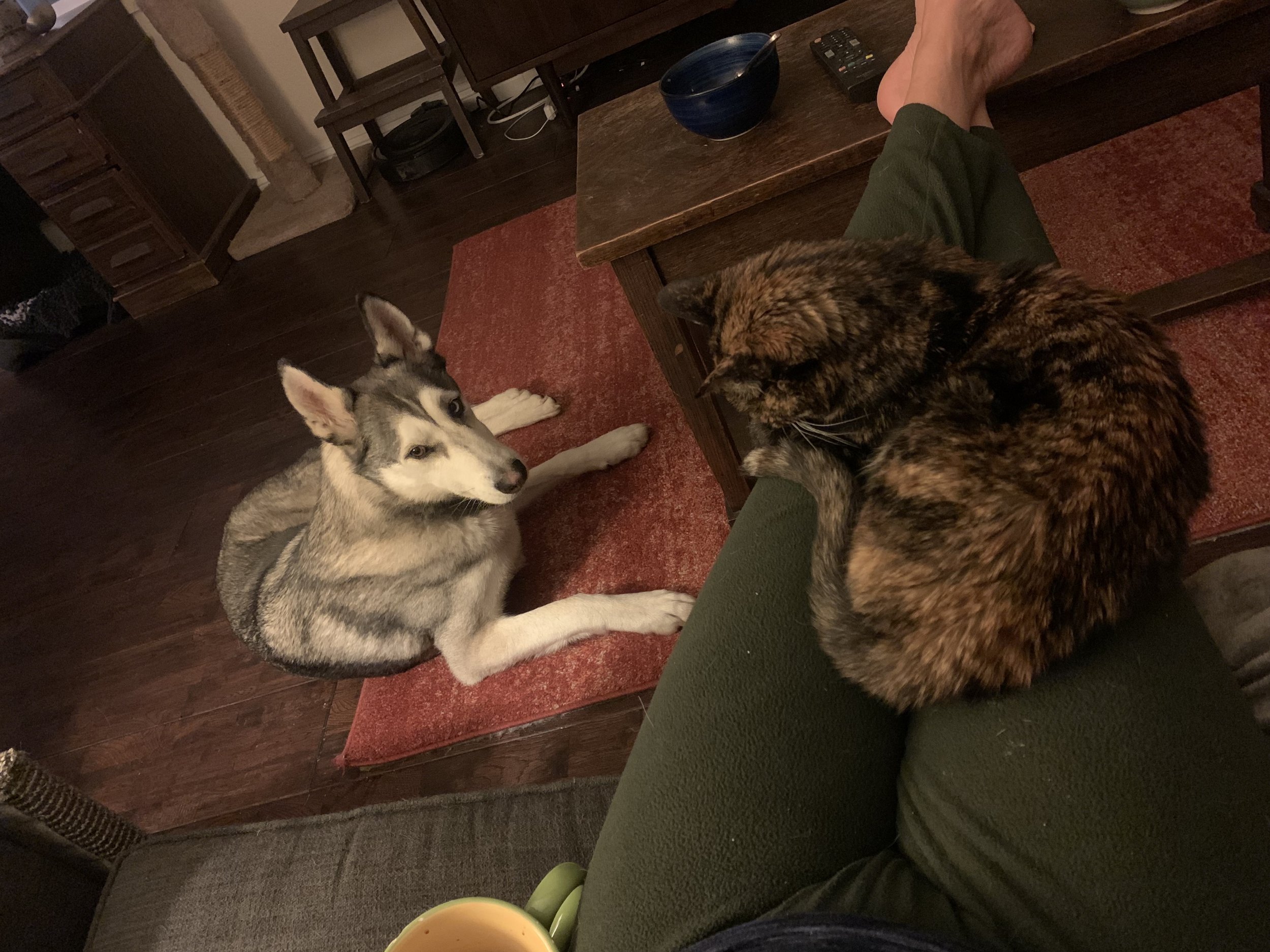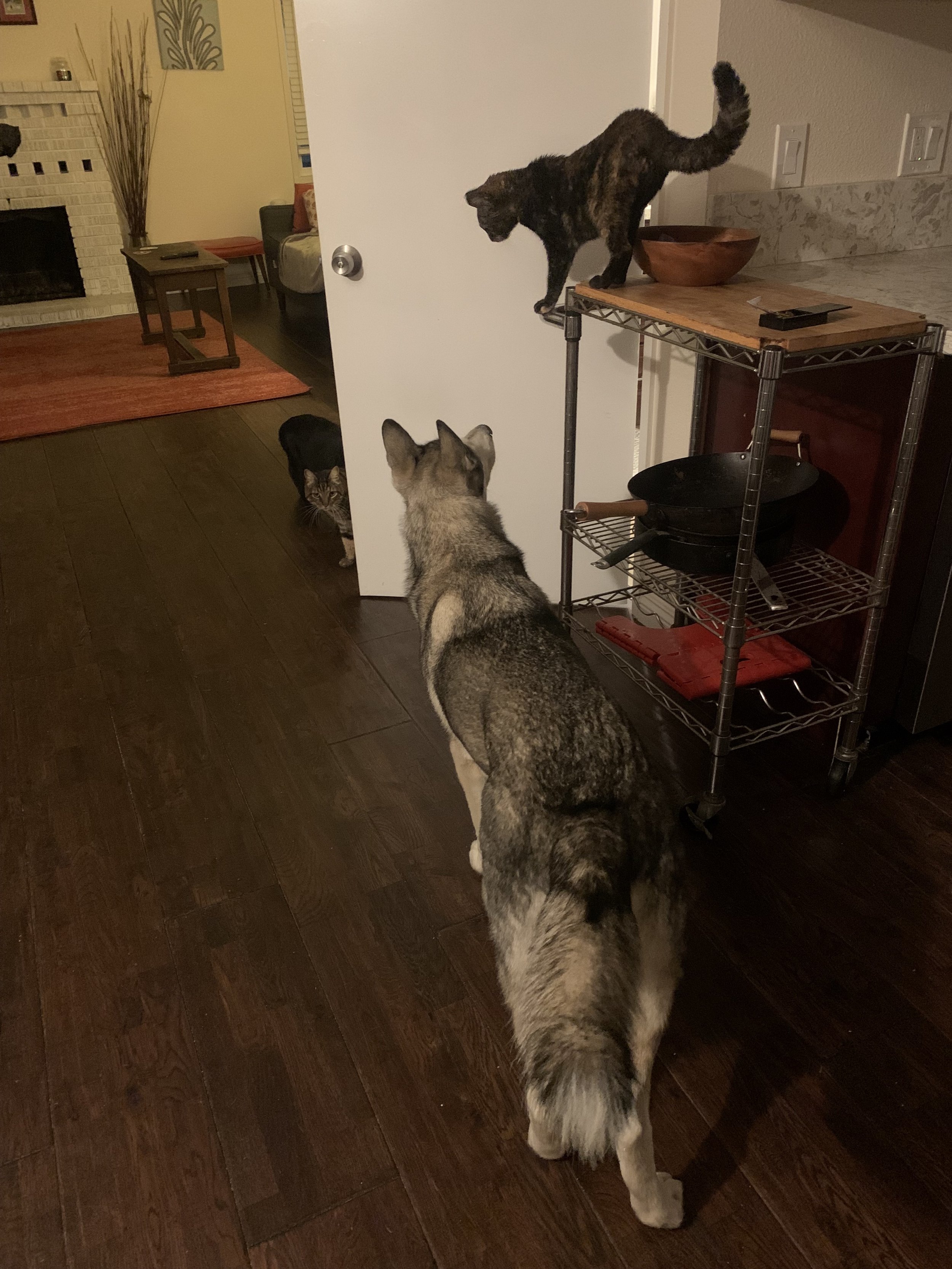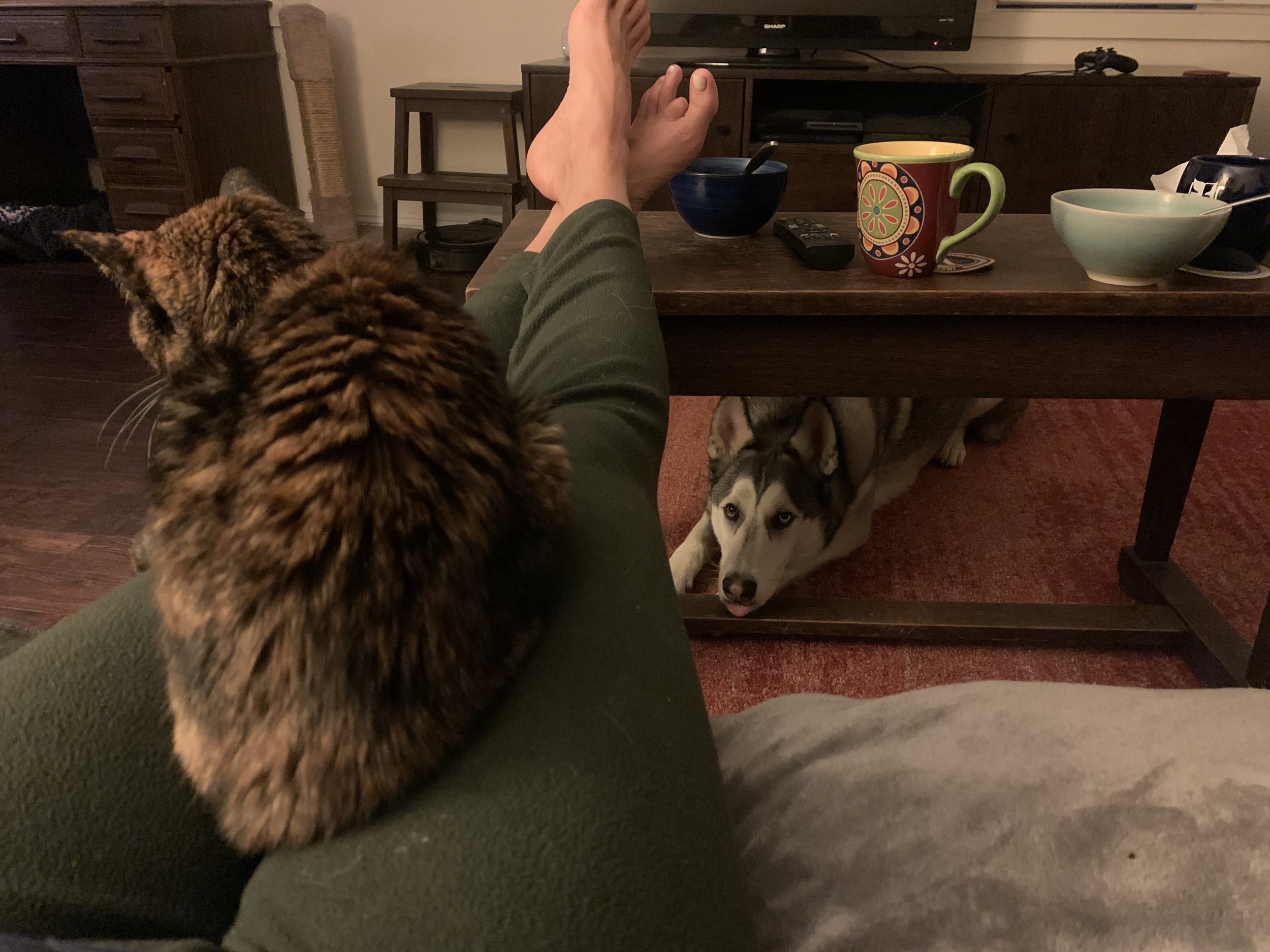Discrimination
To the Producers of Unscruz,
Attn: Frosty and the Operations Manager
Dear Unscruz Producers,
My name is Cynthia Currie, and I am writing to express concern about a series of events that occurred during my time at your recent event, where I was invited to fill in as a last-minute performer.
Due to the late notice, I was required to rearrange my schedule, work full-time leading up to the event, and pack quickly. Unfortunately, in the rush, I forgot several items, including the vest sometimes worn by my service animal.
I arrived on Thursday at approximately 8:15 PM, after a long workday for both myself and my partner. At gate check-in, I was welcomed warmly by your staff. At no point during my entry was I informed that my service animal needed to be registered in advance, nor was it communicated that he would be required to wear a vest throughout the event. I would like to note that under the Americans with Disabilities Act (ADA), handlers are not required to outfit their service animals with a vest or identification. (Law and sources quoted below)
On Friday morning, while walking my leashed and well-behaved service dog, I was approached by Frosty, who, in a manner I experienced as harsh and accusatory, informed me I needed to register my animal and insisted he wear a vest. I complied immediately with the registration process and did so willingly. I respectfully explained that I did not have his vest and that mandating one is not only medically inappropriate in the heat for his breed, but also legally impermissible.
Later in the day, after completing my registration and returning to my RV for rest, I was unexpectedly required to move my camper, which caused significant disruption. While the logistics were clearly challenging, I want to acknowledge that your gate, placement, and ranger teams were kind, patient, and understanding throughout.
Later that afternoon, while walking my service dog again—leashed, registered, and calm—I was approached by two producers, one of whom identified himself as the operations manager. Their tone and demeanor felt aggressive and dismissive, and I was again told I must place a vest on my dog. I reiterated my earlier points, including the legal and safety considerations. I was also spoken to in a way that I perceived as belittling, especially the comment suggesting I did not know how to care for my own animal.
This interaction, coupled with physical exhaustion, hunger, and the stress of being moved multiple times, left me feeling deeply disrespected, targeted, and discriminated against.
To be clear:
It is unlawful under the ADA to require a service animal to wear a vest or specific identification.
It is discriminatory to question or undermine the legitimacy of a person’s service animal or the person’s capacity to care for them based on assumption or appearance.
As an event open to the public and inclusive of performers with disabilities, I expected better awareness and accommodation from your leadership.
I am bringing this to your attention in good faith, hoping this letter leads to education, training, and policy review among your leadership and volunteers. However, I must also make it clear that discrimination against individuals with disabilities—especially in ways that undermine the protections of the ADA—has legal consequences.
I am happy to discuss this further if approached with mutual respect and willingness to understand.
Sincerely,
Cynthia Currie
Roan RavenWolf
In the United States, no event or business can legally require your service dog to wear a vest under the ADA. They can ask two questions if your disability isn’t obvious:
Is the dog a service animal required because of a disability?
What work or task has the dog been trained to perform?
They cannot:
Require documentation or ID
Demand the dog wear a vest
Charge extra fees
Refuse entry based solely on lack of a vest
However, private events on private property (like a concert or convention) might attempt to set additional rules. If they try to enforce a vest requirement, that would likely violate the ADA, and you’d be within your rights to file a complaint or seek legal recourse.
Official Sources
The official source is the U.S. Department of Justice Civil Rights Division—ADA.gov, specifically the page titled:
“Frequently Asked Questions about Service Animals and the ADA”
https://www.ada.gov/resources/service-animals-faqs/
Relevant Quote:
“Q17. Does the ADA require service animals to wear a vest, ID tag, or specific harness?”
A: No. The ADA does not require service animals to wear a vest, ID tag, or specific harness.
This FAQ is maintained by the U.S. Department of Justice and represents the authoritative guidance on ADA compliance regarding service animals.
Information on the Breed
A husky’s natural fur is brilliantly designed for temperature regulation, not just warmth. Their double coat works like climate control:
Outer coat (guard hairs): These are long, water-resistant hairs that reflect sunlight and protect against UV rays, dirt, and moisture. They help prevent overheating by shielding the undercoat from direct sun.
Undercoat: This is the dense, soft layer that insulates the dog. In the heat, much of this undercoat is shed out in chunks (called “blowing coat”). What remains traps air, which can help keep them cool by slowing heat absorption—like natural insulation in reverse.
Airflow and shading: The layered structure creates air pockets close to the skin. As the dog moves, this airflow helps cool them. Plus, their coat shades the skin from intense sun.
Important: Shaving a husky in hot weather can actually make them hotter and expose them to sunburn or heatstroke. Their coat manages heat better when left natural (with regular brushing to remove dead fur).

